The year 2016 was a momentous one for world events, with political upheavals, continuing conflicts and uncertainty characterising a period of historic happenings that upset many established institutions.
While the outdoors world was a little less turbulent, there were nevertheless many notable highlights and tragedies and the great outdoors was not immune from the whirlwind of change sweeping the UK and elsewhere.
January continued as December had gone out, with storms battering the countryside. Storm Frank swept across southern Scotland, and further north, two paddlers died in separate incidents on swollen rivers, an 18-year-old on the River Garry and a man in his 50s on the River Findhorn.
The event dubbed Britain’s most brutal race got underway in driving rain as The Spine competitors headed out of Edale on their quest to complete the full 431km (268 miles) distance of the Pennine Way in winter conditions.
The shorter Spine Challenger, a mere 174km (108 miles) took place on the southern section of the national trail and, for the first time, a special mountain rescuers’ race was staged along the Challenger course.
Eoin Keith would claim victory in the main event, smashing the record by 15 hours.
Tom Hollins came first in the Challenger.
Scotland’s largest conservation charity announced plans for a major reorganisation, decentralising decision making and simplifying its management structure.
The National Trust for Scotland said jobs would be lost in the move, which it hoped would cut costs by 10 per cent.
Aircrews from the Royal Navy’s search and rescue helicopters made an emotional final tour of Scottish communities before handing over their operations to civilian Coastguard crews.
The fly-past was greeted by members of the public, including mountain rescue teams who had worked with the HMS Gannet crews over past years.
The longest stretch of England’s coastal path so far proposed was given approval by the Government.
Almost 113km (70 miles) of North Sea coast was the latest section of the England Coast Path to be given the green light.
Two climbers died on a Glen Coe mountain.
Their bodies were found by two other climbers on Stob Coire nam Beith.
Glencoe Mountain Rescue Team leader Andy Nelson said it was clear the pair, who were roped together, had fallen a considerable distance.
Simon Davidson, 34, of Edinburgh, and Kinlochleven man Joe Smith, 23, who was originally from Lancashire, fell a considerable distance while climbing on Stob Coire nam Beith.
It was a particularly difficult callout for the Glencoe MRT as Mr Smith was a team member.
Not content with running the length of the Pennine Way during The Spine race, veteran ultrarunner Javed Bhatti decided to run the return leg all the way back down to Edale after arriving at Kirk Yetholm, one of only 24 competitors to finish the event.
His remarkable sponsored effort raised pots of cash for Mountain Rescue England and Wales.
A day of activities aimed at raising cash for victims of the Cumbria floods and the county’s mountain rescue teams brought in double organisers’ target.
The Grand Day Out was originally planned as a single event, but grew into a programme of more than 20 events across the Lake District.
Events across the area included guided walks, trail runs, film screenings, music performances, outdoor skills sessions, mountain bike rides and a charity auction and raffle.
Money went to the Cumbria Community Foundation and the Lake District Search and Mountain Rescue Association.
A man who nearly lost his life in a paragliding crash in the Lake District announced plans to run a half-marathon to raise cash for his rescuers.
Dave Tighe suffered horrendous injuries when he hit the ground at Tarn Crag in Great Langdale in 2015.
He then fell more than 80ft down the crag, sustaining life-threatening injuries.
The 42-year-old father of two tackled the run to help Langdale Ambleside Mountain Rescue Team and the Great North Air Ambulance.
Mountaineers’ and walkers’ organisations reacted with dismay at the Scottish Government’s approval of a camping ban in parts of a national park.
Environment minister Aileen McLeod gave the green light to Loch Lomond & the Trossachs National Park Authority’s plans to restrict informal camping in several lochside areas in summer months.
But the minister has told the authority to delay implantation of new bylaws until new paid-for campsites were in place.
A Coastguard cliff rescue team from south-west England was called into action to help an injured walker in the Yorkshire Dales.
The Prawle Point Coastguard Rescue Team was accompanying colleagues from the Clapham-based Cave Rescue Organisation when two simultaneous calls for help were received.
The Devon rescuers had travelled up to Yorkshire with a team member who was a former CRO volunteer, to act as ‘casualties’ and to observe techniques during a training weekend.
February
A community group trying to buy a Lake District mountain insisted it was still in negotiations to take over the property.
Confusion surrounded the fate of Blencathra after agents told journalists last November that the land had been taken off the market.
The Friends of Blencathra released a statement saying it was still trying to buy Blencathra and was the vendor’s preferred choice to take over ownership.
National park wardens pleaded with walkers to stop making cairns on the mountains.
Snowdonia staff said footpaths and the fragile upland environment were being damaged by the custom of picking up stones and piling them up to mark routes.
The British Mountaineering Council backed the call to halt the building of the piles, saying it encouraged laziness in people as they no longer felt the need to follow a map.
Mountain rescuers in Scotland denied the movement was about to split, after the three busiest teams expressed dissatisfaction with the way its umbrella body was operating.
Glencoe, Lochaber and Cairngorm teams proposed separating Scottish Mountain Rescue into two different organisations.
The three teams said the increasing demands on volunteer mountain rescue teams for ‘non-mountain’ operations such as flood rescues, searches for vulnerable missing people and other non-core mountain rescue activities followed funding cutbacks to statutory rescue organisations meant SMR had lost its focus.
Campaigners urged a local authority to rethink its plans for its countryside sites.
Lancashire County Council said it intended to stop looking after the areas in two years’ time.
The council published the plans in the face of savage Government cuts, but the Open Spaces Society said the move would be a false economy.
Rescuers were called to aid two challenge walkers who had passed them earlier in the day while dealing with an injured woman.
The pair called for help from the summit of Ingleborough after getting caught out by blizzard conditions while attempting the Yorkshire Three Peaks.
The Clapham-based Cave Rescue Organisation was initially called to help a 65-year-old woman after she slipped and broke her ankle on the steep path leading down from the summit of the fell to Humphrey Bottom.
A team spokesperson said: “Two Three Peaks walkers, having walked up past CRO members as they were treating the patient in the previous incident, continued to the summit, where they were overwhelmed by a blizzard.”
Major searches were launched for two climbers missing on Britain’s highest mountain.
Police and rescuers appealed to anyone who might have seen Rachel Slater, 24, and 27-year-old Tim Newton, from the Bradford, West Yorkshire, area, on Ben Nevis. The pair camped near the CIC Hut before embarking on a Valentine’s Day climb on the North Face.
The bodies of the two climbers would be found in an avalanched area in March.
Three men who went missing in the Lowther Hills were airlifted to hospital.
The walkers were reported missing after failing to return from a walk on the hills near the village of Durisdeer.
Moffat, Galloway, Tweed Valley and Police Scotland Mountain Rescue Teams took part in the search for George Crosbie, 73, Geoffrey Stewart, 74, and 64-year-old Bobby Thomson. A Coastguard helicopter and members of the Search and Rescue Dogs Association also joined the operation.
Mr Stewart and Mr Crosbie died in hospital.
A climber died after an avalanche on a Lochaber mountain.
Dave Bankart was climbing with another man on Creag Meagaidh when the pair were caught in the snow slide.
Members of the Lochaber, Glencoe, Cairngorm and Glenmore Lodge Mountain Rescue Teams went to the scene. 67 team members were involved in the operation on the mountain, along a Search and Rescue Dogs Association Scotland member and police officers.
A man who cheated death when he crashed into a Lake District fell while paragliding returned to Cumbria to meet his rescuers.
Dave Tighe is now more than 3cm shorter after breaking his back in the accident on Tarn Crag in Great Langdale in May 2015.
He fell 80ft (25m) when his wing collapsed and he hit the fellside, suffering multiple life-threatening injuries. He was treated at the scene by rescuers and the now disbanded RAF search-and-rescue helicopter crew airlifted the injured man from the crag into Great Langdale, from where he was flown to hospital in Preston by the Great North Air Ambulance.
March
Outdoor enthusiasts were invited to help crowdfund repairs to some of England and Wales’s most used upland paths.
The British Mountaineering Council’s Mend Our Mountains scheme was launched to enable mountain lovers to stump up cash for their favoured project.
Routes on England and Wales’s highest mountains featured in the list of projects open to donations, along with heavily used sections of other popular paths.
The Ministry of Defence received an official censure from the Health and Safety Executive following the deaths of three soldiers in the Brecon Beacons.
The executive said, if the MoD did not have crown immunity, it would have faced prosecution over the incident.
Reservists Edward Maher, James Dunsby and Craig Roberts fell ill while on a training march in 2013 over south Wales’s highest mountain Pen y Fan and surrounding peaks. The exercise is part of a special forces selection process known as the Fan Dance.
Mr Roberts and Mr Maher died during the exercise on 13 July 2013, while Mr Dunsby suffered multiple organ failure as a result of hyperthermia and died on 30 July.
A search began for a missing walker in the Highlands.
Police appealed for sightings of 61-year-old Jim Robertson from Cathcart, Glasgow, who was believed to have travelled to the Cairngorms to go hillwalking.
The man’s body would be found in the Cairngorms two months later. The discovery was made near Loch Etchechan, north of the Bob Scott Bothy where Mr Robertson was believed to have stayed.
A British adventurer finally made friends with a notorious Icelandic icecap, three years after a near-death experience on the glacier.
Alex Hibbert likened his crossing of Vatnajökull to climbing inside a washing machine on the coldest setting and setting it to maximum spin speed.
The 29-year-old Bridgedale outdoor brand ambassador had a previous 2012 attempt at the icecap scuppered by winds blowing to double hurricane speeds.
A rising young star of the climbing world urged other women to try the sport.
Berghaus-sponsored athlete Molly Thompson-Smith chose International Women’s Day to encourage girls to visit their local wall and have a go at climbing.
And she revealed her hope that she will make a British Olympic team for the 2020 Tokyo games.
The leader of a mountain rescue team discovered his own son’s body following a search by his colleagues when the young man was reported missing.
Josh Llwyd-Hopcroft, whose father Dion Llwyd is a serving team leader of the Aberglaslyn Mountain Rescue Team, went missing and the team was contacted by police, prompting a five-hour search for the 18-year-old in the Llanfair and Harlech area.
Aberglaslyn team members were joined by colleagues from the South Snowdonia Search and Rescue Team and handlers from the Search and Rescue Association (Wales).
Lomond Mountain Rescue Team was alerted by police after the discovery of a body near the summit of Ben Lomond.
The team said 21 of its volunteers took part in the operation to bring the 48-year-old man’s body from the 974m (3,196ft) mountain.
A man was rescued after being found ‘frozen but alive’ by a walker after spending the night on England’s third-highest mountain.
Patterdale Mountain Rescue Team was alerted after the discovery near the summit of Helvellyn.
The member of the public found the man in a bivvy bag on the 950m (3,120ft) fell.
Walking and outdoor activities should be encouraged for people who have dementia, a report said.
The benefits of the great outdoors to those who have the condition were outlined in the research published by Natural England.
But more should be done to help them access the benefits of trips into the natural environment, according to the report, compiled by the Westminster Government’s advisory body for the outdoors in England, Dementia Adventure, the Mental Health Foundation and Innovations in Dementia.
The longest new section of the England Coast Path officially opened to the public.
Natural England’s chairman Andrew Sells marked the opening of 93km (58 miles) of the route in Somerset with a ceremony at Doniford.
The Westminster Government’s official outdoors body said the new stretch, following two-thirds of the county’s coast from Brean Down to Minehead, represents a significant step towards the creation of an England Coast Path.
A former team leader of Oban Mountain Rescue Team was elected chair of the umbrella body for Scottish teams.
Damon Powell took over the post with Scottish Mountain Rescue from Simon Steer of the Cairngorm team.
Mr Powell, an active member of Oban MRT, had recently stepped down after 12 years as team leader.
Plans were announced to improve the boggiest section of one of England’s most popular long-distance walking routes.
A crowdfunding scheme aimed to provide cash to lay flags on peatland on Nine Standards Rigg on the boundary between Cumbria and North Yorkshire.
The notorious section of Alfred Wainwright’s Coast to Coast Walk follows a route across the moorland on open access land between the prominent cairns of the Nine Standards and Whitsundale, between Kirkby Stephen and Keld.
The United Kingdom’s highest mountain grew by a few inches.
A sudden tectonic upsurge hadn’t hit the Highlands of Scotland; rather, Ben Nevis was remeasured and found to be a little bigger than previously believed.
A new survey by Britain’s official mapping agency revealed the Ben is 21 inches taller than originally thought.
The new height, calculated using a highly accurate Global Positioning System receiver meant the Lochaber mountain would officially be recorded on Ordnance Survey maps rounded up to 1,345m, one metre more than its old altitude.
Two British climbers took a prize at the ‘mountaineering Oscars’ for an unprecedented third time.
Mick Fowler and Paul Ramsden were awarded Piolets d’Or for their 2015 ascent of Gave Ding in the far West of Nepal.
The awards – the Golden Ice-Axes in English – are presented to those judged to have accomplished the best technical and innovative climbs in a year.
Rescuers found the body of a missing hillwalker on a southern Highlands munro.
Edinburgh man Herpreet Bilkhu was reported missing after going walking in the Crianlarich and Killin area.
The 43-year-old was found by Killin Mountain Rescue Team members. Police Scotland had said they were concerned for the walker’s welfare because he needed daily medication which he might not have had access to.
Rescuers said a walker was interviewed by police after being stretchered from a Lake District fell.
Two teams were alerted after reports of an injured solo walker on Helvellyn.
Patterdale Mountain Rescue Team was called out at the request of ambulance staff who were responding to a call saying the 20-year-old man had fallen and injured his back after walking for three hours.
The Keswick team picked up the incident and checked out the Thirlmere side of Helvellyn, and an air ambulance was also flew over the possible areas.
The uninjured man was stretchered down a steep and awkward slope to a waiting ambulance and taken to Carlisle infirmary to be checked over, and interviewed by the police for possible false calls.
The body of missing kayaker Jason Chung Wai-Ho was found on the Isle of Rùm.
Police said they recovered the man’s body from the shore of the island after being alerted by a member of the public.
Officers and Coastguard staff went to the scene and brought the remains back to the mainland.
The 39-year-old Glasgow man had not been seen since leaving the Arisaig area in January.
Rescuers were called out to south Wales’s highest mountain after reports that two dogs had fallen down a steep face.
Central Beacons Mountain Rescue Team was alerted by Dyfed Powys Police.
The team was joined by colleagues from Brecon Mountain Rescue Team, Western Beacons Mountain Search and Rescue Team and Longtown Mountain Rescue Team to the incident on Pen y Fan.
The dogs had chased after a piece of litter and then fallen a considerable distance. The owner then followed to try and help his dogs.
A woman died after falling from a scrambling route on a Snowdonia mountain.
The walker, in her early 50s and from the Stockport area, was coming down the North Ridge of Tryfan with her husband when she fell.
Ogwen Valley Mountain Rescue Organisation was called out when the man made a 999 call from high up on the 918m (3,010ft) peak.
A climber died after falling almost 600ft from the top of a climb on Cairn Gorm.
The 32-year-old man was exiting the cornice of the route on Aladdin’s Couloir in Coire an t-Sneachda when he fell 180m.
Cairngorm Mountain Rescue Team was alerted by one of its members who was climbing close to the incident. The alarm was also raised by several climbers in the corrie, and by an instructor from Glenmore Lodge, the national outdoor training centre.
A man who was paralysed from the chest down in an accident in Assynt set himself an uphill task to raise cash for his local rescue team.
Jack Morgan announced he would tackle one of Yorkshire’s Three Peaks on a mountain trike in a fundraiser for the Cave Rescue Team.
The 36-year-old lecturer had support in his effort from Andy Jackson, a colleague at Craven College in Skipton, North Yorkshire, who is a member of the Clapham-based rescue team which, despite its name, carries out most of its rescues above ground on the fells of the Yorkshire Dales.
Mr Jackson was no stranger to fundraising challenges himself. In 2014, he ran the 192-mile Coast to Coast route in three days for another Yorkshire Dales rescue team, the Upper Wharfedale Fell Rescue Association.
The Lake District’s service to monitor mountain-top conditions was extended due to the arrival of late snow.
The national park authority’s felltop assessors were due to hang up their ice-axes after Easter Monday, but continued due to late wintry weather.
The assessors, Graham Uney and Jon Bennet take it in turns to man shifts during which they make the ascent of England’s third-highest mountain, Helvellyn, to provide real-life observations of weather and ground conditions.
In late March, the temperature on the summit was -1.4C, with a windchill equivalent to -10.3C, with fresh snowfall on the mountain.
April
A new bothy opened on the Isle of Skye after volunteers completed work on the building.
The shelter at Camasunary replaced the former one, which had been taken back into use by its owner.
The new shelter was fitted out by members of the Mountain Bothies Association, after Royal Engineers constructed the building.
The new bothy is on the east side of the bay at Camasunary about 1km from the old MBA-maintained bothy, which owner Alan Johnson allowed to remain available for use while the replacement was being built.
A fellrunning legend announced he would make a fundraising journey recalling his father’s move across Cumbria more than 90 years ago.
Joss Naylor, who for many years held the record for summiting all 214 Wainwright peaks, said he would run from Caldbeck to Wasdale to mark his 80th birthday year.
Naylor, who established himself as a top ultrarunner before the term had been coined, undertook the challenge in memory of his father Joe, who moved from Caldbeck to Wasdale in 1927, nine years before Joss’s birth.
Mountain rescuers who turned out to help a small group lost in the Brecon Beacons got more than they bargained for.
As members of the Central Beacons and Brecon Mountain Rescue Teams made their way to search for the group on the Neuadd Ridge, they learnt there were actually 43 children unaccounted for.
There was further confusion over the actual number of school students in the group, leading to rescuers believing one might still be unaccounted for.
A walker died after falling from a ridge in Snowdonia.
The man, in his 30s, was with two others attempting to descend Crib Goch when he fell.
Llanberis Mountain Rescue Team, which was called out after being alerted to the incident, said Kenneth Hands, 35, of Oldbury in the West Midlands fell a significant distance from the grade-one scrambling route.
Campaign group Greenpeace turned its sights on the outdoor industry for its use of controversial chemicals used in many of the outdoor clothing brands.
Industry expert Charles Ross gave his view on the matter and where the outdoor world goes from here.
A Peak District landmark was replaced in a ceremony marking the national park’s 65th anniversary.
The replacement Stanedge Pole was put in place with help from members of the British Mountaineering Council on Hallam Moors, close to one of the most popular climbing crags in the district.
A wooden marker has stood on the moors on an ancient packhorse route known as Long Causeway, near Stanage Edge, for several hundred years at the border of Derbyshire and Yorkshire.
The previous pole had to be removed for safety reasons last year after some of the wood rotted. About 500 people gathered to see the replacement larch tree trunk, sourced from Stanage-North Lees, hoisted into place.
A familiar friend to hillgoers celebrated its 80th birthday.
Ordnance Survey’s first triangulation pillar went into use on 18 April 1936, beginning a 26-year operation to accurately measure Britain.
Now largely redundant for mapping surveying purposes, the humble pillars, known to most outdoor enthusiasts as trig points, still help walkers, mountain bikers and mountaineers find their way.
Mountaineers feared the introduction of fees for commercial use of land owned by one of the country’s biggest conservation charities could hit outdoor training.
The National Trust launched a pilot scheme covering 21 of its properties, where anyone running events for money will have to obtain a licence and pay a fee.
The Lake District, where many Mountain Leader training and assessment courses are run, was included in the list. The trust deems any activity where money is paid to be commercial and so subject to licensing, despite Department for Environment, Food and Rural Affairs guidance on open access land saying ‘activities organised for promoting or teaching an adventurous outdoor activity are unlikely to be undertaken or organised for a commercial purpose’.
A woman ultrarunner smashed the female record for completing one of England’s toughest challenges.
Jasmin Paris’s Bob Graham Round time of 15hrs 23mins was believed to be the fifth-ever fastest for the gruelling circuit of 42 Lake District fells.
Paris’s time was more than 2½ hours faster than that set by previous fastest woman Nicky Spinks last year.
Mountaineering legend Sir Chris Bonington tied the knot with a long-time friend.
The Everest summiteer married Loreto McNaught-Davis in a ceremony in London.
Ms McNaught-Davis was the widow of mountaineer and television presenter Ian McNaught-Davis, who died in February 2014. Sir Chris, 81, lost his wife Wendy to motor neurone disease later that year.
He had known Ms McNaught-Davis for more than 50 years. Sir Chris swapped his customary Berghaus Gore-Tex jacket for a burgundy velvet Nehru-style suit for the ceremony, which took place in the presence of about 60 friends and family members, including Sir Chris’s son Rupert.
A new walking route opened in a corner of the Lake District hit hard by last year’s floods.
The Ullswater Way offered a waymarked circular path round the lake for the first time.
Writer and broadcaster Eric Robson officially opened the path at Roehead above Pooley Bridge.
If the Kinder Scout Mass Trespass took place in 2016, its participants would likely have been kettled before getting out of the car park and labelled extremists, an outdoors expert said.
Carey Davies, hillwalking development officer with the British Mountaineering Council, made the point at a meeting to commemorate the 1932 event in the Peak District.
He was speaking at the fourth annual Spirit of Kinder day in Hayfield, the village from which the walkers set out for their attempt to reach the area’s highest hill.
An event that lit up one of the Lake District’s most popular fells raised more than £11,000 to help victims of the Nepal earthquakes.
The Catbells Festival of Light involved more than 500 walkers forming an illuminated chain up the spine of the diminutive peak overlooking Derwent Water.
Participants used torches to light the night and the event was recorded by three professional photographers. The fundraiser followed a smaller Blencathra by Moonlight walk last year for the Community Action Nepal charity founded by Everest summiteer Doug Scott.
A new track for cyclists and walkers was officially opened, linking the North and South of the Lake District.
The smooth-surfaced route runs parallel to the main A591 road near Dunmail Raise, where the main carriageway was washed away by floods in December 2015.
The Lake District National Park Authority said the new route was commissioned as part of the recovery plans to help reconnect our communities as quickly as possible following the extensive damage to the vital road during last year’s floods.
May
A Swiss dentist was crowned king of the peaks in his first visit to one of the Yorkshire Dales’ toughest fell races.
Neuchatel-based Marc Lauenstein’s victory in the Three Peaks Race came in tough wintry conditions after four days of snow and ice lashed the fells of the Dales.
Marshals who usually temporarily remove one of the gates on Whernside found it partly buried in snow, and all three peaks were capped in snow and ice for the race.
A renowned British climber returned to the Arctic wilderness of Greenland – to try his hand at snowkiting.
Leo Houlding, who accomplished a major ascent on the Mirror Wall on the world’s biggest island in 2015, tackled an unsupported 1,000-mile expedition to one of the most northerly towns in the world.
He admitted he was a relative beginner at snowkiting, but he was accompanied by a kiting expert – who had never been on a major expedition.
A rescue team marked its 50th anniversary with a walk along the fateful moorland route taken by a reservoir keeper whose death led to the setting up of the group.
Calder Valley Search and Rescue Team members were joined on the West Yorkshire hills by the son of Robert Akrigg, lost in a blizzard in 1965.
A pregnant woman was airlifted from a popular Lakeland fell after suffering abdominal pains.
The walker was in a group of 42 people at the dam at Stickle Tarn in Great Langdale when the incident happened.
Langdale Ambleside Mountain Rescue Team was alerted and the woman was flown from the site by an air ambulance.
Mountaineer Kenton Cool extended his British record with a 12th ascent of the world’s highest mountain.
He reached the top of Everest along with fellow British climber Robert Richard Lucas.
Mexican David Liaño Gonzalez joined them at the summit a few minutes later.
A woman who survived breast cancer completed one of the country’s toughest mountain running challenges in record time.
Yorkshire farmer Nicky Spinks completed a double Bob Graham Round, only the second person, and the only woman to achieve the feat.
The 49-year-old beat Roger Baumeister’s 1979 record by more than an hour.
The ultrarunner completed the 84-peak course in 45hrs 30mins after setting off from Keswick.
The body of missing hillwalker Edward Davies was found in the Glen Coe area.
Mr Davies was reported missing after heading out for a walk 10 days previously.
The 39-year-old, of Hampshire, was described by his family as a physically capable and experienced hillwalker and a wildlife enthusiast.
A mountain rescue hero was honoured for his part in finding a missing woman in a blizzard.
Rauour, a three-year-old labrador search dog, received the PDSA’s commendation for devotion to duty.
The auburn-haired animal and his handler John Romanes joined a search by colleagues from the Tweed Valley Mountain Rescue Team in February 2015. The pair were brought in after a three-hour search by 20 team volunteers failed to find the woman in the Innerleithen Forest.
The umbrella body representing Britain’s outdoor industries has gave its qualified support to the UK remaining in the European Union.
The Outdoor Industries Association said those board members who could express an opinion on the upcoming referendum were unanimously in favour of staying in the EU.
It urged companies in the association to encourage staff to vote in the 23 June referendum. The UK would vote to leave the union in a result that confounded pollsters and pundits alike.
A gamekeeper was fined after pleading guilty to a charge under the Firearms Act.
Two hillwalkers came across a loaded firearm on the hillside above the village of Kippen in August 2015.
There was no-one in the vicinity of the weapon. The two members of the public contacted police who traced the gun to 29-year-old gamekeeper Shaun Wilson of Stirling.
Two team members needed medical treatment after being bitten in a rescue involving a man and dog who fell on a Snowdonia scrambling route.
Ogwen Valley Mountain Rescue Organisation was called out when the man and animal suffered serious injuries in a fall on Tryfan.
The team was alerted after cries for help were heard from the west face of the mountain. The dog, in pain and shock, inflicted nasty bites to the hand of his rescuer then continued to bite the top of the finger of the receiving team member.
June
A conservation charity criticised a police force’s decision to issue a formal caution to a man who admitted setting illegal traps on a Yorkshire Dales shooting estate.
The Royal Society for the Protection of Birds said the three pole traps were barbaric and have been outlawed for more than 100 years.
It called for zero tolerance of wildlife crime and expressed dismay that the perpetrator had not been taken to court. The offence took place on the Mossdale Estate on the north side of Widdale Fell near Garsdale Head.
The body of missing walker Robin Garton was found by members of the public on a Glen Coe mountain.
Members of Glencoe Mountain Rescue Team recovered the body from Stob Coire nam Beith after emergency services were alerted.
Mr Garton, 69, of Devizes in Wiltshire, had been missing since September 2015, when he checked out of the Kingshouse Hotel in Glen Coe.
A man died after he fell while climbing in the Cairngorms.
The climber was with another man on a route in Coire an Lochain in the Northern Corries he fell about 15m (50ft).
The man, who was leading the route, was airlifted to hospital, but died of his injuries.
A British climber topped an ‘incredible day’ by clinching a world title.
Shauna Coxsey gained a silver medal in the Vail round of the bouldering world cup to take the season’s overall championship.
Her victory came just hours after the 23-year-old Runcorn woman was appointed an MBE.
England’s highest mountain was transformed into a temporary hostelry.
Pub landlord Mark Corr lugged a barrel containing 36 pints of beer to the summit of Scafell Pike in a fundraising event to benefit cancer research.
Mr Corr, landlord of the Strands Inn and microbrewery in Nether Wasdale, was accompanied in his climb to the top of the mountain by famed Wasdale fellrunner Joss Naylor, acclaimed film-maker Terry Abraham and mountain guide David Powell-Thompson.
Hartlepool teenager Curtis Atherton died after getting into difficulties swimming with his brothers and friends in the pool below High Force waterfall.
The alarm was raised and police, fire crews, a police helicopter and members of Teesdale and Weardale Search and Mountain Rescue Team went to the scene next to the Pennine Way in Upper Teesdale.
The 16-year-old was found in the water about 1¾ hours later and airlifted to James Cook University Hospital in Middlesbrough, but died after arrival.
A national park site containing rare shark bone fossils was preserved after the Government ruled against quarry developers.
Communities Secretary Greg Clark backed the Peak District authority’s prohibition order on further quarrying at Backdale Quarry.
The decision marked the end of a 17-year legal battle over the quarry, which lies at the eastern end of Longstone Edge, between Calver and Bakewell. The arguments by landowners Bleaklow Industries Limited went as high as the European Court of Human Rights.
A Mountain Leader said he felt like the Pied Piper as lost walkers tagged on to his guided group in the dark on England’s highest mountain.
Three qualified leaders described how they separately had to help lost walkers on Scafell Pike as mist enveloped the fell.
One of the leaders, Dave Ascough, said walkers who set out up the mountain in the darkness without the skills to navigate were putting others at risk. Newton-le-Willows based Mr Ascough, who holds both summer and winter Mountain Leader Awards, was with a group who had hired him to guide them on the 978m (3,209ft) peak on.
July
Campaigners welcomed a change in planning procedure that means potential buyers of property would have to be told about rights of way crossing the land.
The Open Spaces Society said it and other groups had pressed for years for the information to be included on forms before a sale.
But it said it was disappointed similar information about commons and village greens would not be included.
Mountain rescuers were mourning one of their team members after he collapsed and died while on a callout.
Kinder Mountain Rescue Team stalwart Ken Blakeman was heading on to Kinder Scout when the incident happened.
The 69-year-old, of Great Moor, Stockport, was one of the volunteers who had been called out to help a young person undertaking a Duke of Edinburgh’s Award expedition who was in distress.
A hostel provider relaxed its rules, to allow dogs in its camping areas and cabins.
YHA England and Wales said dogs were now welcome with visitors who stay in these facilities at youth hostels.
There are almost 60 sites where the organisation offers camping pods, cabins, tipis, bell tents and tent pitching facilities in their grounds.
A prominent Brexit campaigner and failed Conservative party leadership candidate was appointed Environment Secretary.
Andrea Leadsom was put in charge of the Department for Environment, Food and Rural Affairs by the new Prime Minister Theresa May.
She replaced Liz Truss who stepped into Michael Gove’s shoes as Justice Secretary.
Police searching for a walker who had been missing for more than five weeks found the man’s body.
The discovery was made on Friday afternoon at Camas-luinie, near Dornie in Wester Ross.
Roger Fletcher, 77, was reported missing after heading out for a walk from his holiday accommodation at Bundalloch.
A proponent of selling off England’s public forests was appointed a junior minister in the Department for Environment, Food and Rural Affairs.
Thérèse Coffey replaced Rory Stewart as parliamentary under-secretary of state at Defra in PM Theresa May’s ministerial appointments.
Mr Stewart, largely seen as sympathetic to the cause of outdoor pursuits and national parks, was promoted to be minister of state at the Department for International Development.
A mountain expert warned gamers to beware if they went hunting virtual creatures in the Scottish Highlands.
Heather Morning of the Mountaineering Council of Scotland tried her hand at finding Pokémon Go characters on the Cairngorms peaks, but pleaded with gamers to stay safe while in the hills.
Ms Morning, the council’s mountain safety adviser, said, though there are undoubted health benefits from getting outdoors and active, players need to be aware of where they are and how to get home again.
A film-maker who chronicled two Lake District mountains turned his lens on a mountaineer for his next project.
Terry Abraham revealed his next cinematic subject would be record-breaking climber Alan Hinkes.
Hinkes is well known within the outdoor community as the only Briton to have summited all 14 of the world’s 8,000m mountains but his profile in the wider world is less prominent than many UK climbers.
One of the country’s best known stretches of shoreline was added to the England Coast Path.
The White Cliffs of Dover were among 66 miles of route opened to walkers as part of the latest section of the new national trail.
Natural England, the Westminster government’s advisory body on the outdoors, said the route, from Ramsgate to Camber near Rye, was the first stretch of the path to open in the South-East.
It was revealed that the UK’s Prime Minister Theresa May presented German Chancellor Angela Merkel with two books detailing prime walking routes during her visit to Berlin.
Ms May handed over a copy of the coffee-table Coast to Coast with Wainwright, a photographic edition describing Alfred Wainwright’s walk between St Bees and Robin Hood’s Bay, along with Terry Marsh’s guidebook Great Mountain Days in Snowdonia.
Visitors to Snowdonia were able to reflect on an epic new addition to the mountain scenery.
Four giant letters were erected in the shadow of Wales’s highest mountain in an art installation marking the country’s year of adventure.
The 4m-high reflective letters spelled out EPIC and were commissioned by Visit Wales. The artwork toured various locations across the country over the summer and early autumn.
The longest section of the England Coast Path so far created opened.
The 68-mile stretch along the north Yorkshire shore from Filey Brigg to Middlesbrough was the second to be opened within a few days.
It followed the inauguration of south-east England’s first section along the White Cliffs of Dover.
A rescuer escaped unhurt after a Land Rover overturned while on a callout to help an injured walker.
Holme Valley Mountain Rescue Team described the incident near Wessenden Lodge as a close call, but vowed it would not affect its ability to respond to those in need.
The vehicle ended up on its side in a ditch next to a track close to the Pennine Way on the West Yorkshire moors. A team spokesperson said the accident proved mountain rescue teams were not infallible.
Two bodies that represent climbers, hillwalkers and mountaineers throughout Britain announced changes to their names.
The British Mountaineering Council said it would be known as Climb Britain, while the Mountaineering Council of Scotland became Mountaineering Scotland.
The Manchester-based BMC which, despite its name, represents members in England and Wales, also planned a new name for its operation in Wales, Climb Cymru.
The BMC’s decision caused uproar among some of its membership, who argued it overlooked the large number of hillwalkers that belong to the organisation. The decision was subsequently overturned.
A young disabled woman completed the ascent of the UK’s sixth highest mountain to raise awareness of her charity.
Natasha Lambert, who has cerebral palsy, was helped to the summit of Cairn Gorm by Mountaineering Scotland’s mountain safety adviser Helen Morning.
The 18-year-old Isle of Wight woman normally uses a wheelchair, but partly made the ascent of the 1,245m (4,085ft) peak with the aid of a special wheeled walking device. The 5½-hour ascent of the munro was the latest event in her Sea and Summit Scotland challenge.
Scotland’s mountaineering body pledged financial support to a charity after it lost a potentially expensive legal battle over a proposed windfarm in the Highlands.
Mountaineering Scotland said it would give £5,000 of its members’ money to the John Muir Trust, which faced a substantial bill for its action over the Stronelairg plans.
The Inner House of the Court of Session upheld an appeal by Scottish Ministers and Scottish & Southern Energy against the judicial review ruling late last year that halted the Stronelairg windfarm in the Monadhliath Mountains.
August
Scores of people saw dawn break over a national park landscape to mark the first day of the extended Lake District.
Friends of the Lake District held an early morning vigil to see the sun rise on Scout Scar, near Kendal.
Both the Lake District and Yorkshire Dales saw their areas extended from 1 August, the Dales by almost a quarter.
Climbing would become an Olympic sport, the movement’s bosses announced.
A much anticipated announcement in Rio de Janeiro by the International Olympic Committee confirmed the go-ahead for sport climbing to be included in the 2020 Tokyo games.
It came after British Mountaineering Council and Mountaineering Scotland threw their weight behind a concerted campaign for Olympic inclusion by the International Federation of Sport Climbing.
Vital safety equipment placed underground in the Yorkshire Dales by a rescue team was stolen.
The Clapham-based Cave Rescue Organisation condemned the theft of ropes and carabiners that it had installed in a cave in Kingsdale.
The CRO said it had placed the highline traverse in Kingsdale Master Cave in preparation for an upcoming European Speleological Congress which is taking place in the area.
Cumbria-based Lyon Equipment donated replacement carabiners after the theft.
More than 30 mountain rescue team members were called out after a military helicopter caught fire after a forced landing on a Snowdonia peak.
The Defence Helicopter Flying School Griffin aircraft developed a technical fault and its crew made a precautionary landing on Yr Aran, north-east of Beddgelert.
All five people on board the helicopter managed to escape from the aircraft before it burst into flames. The aircraft was destroyed in the blaze.
Archaeologists said they would begin probing an Iron Age fortress within sight of Britain’s highest mountain.
Dun Deardail, which overlooks Glen Nevis, was the scene of a fire so fierce it melted the rocks in its ramparts.
The mystery surrounding the vitrified fortress, 4km (2½ miles) west of Ben Nevis’s summit, has puzzled archaeologists and historians for decades.
Increasing use of mountain bothies by commercial businesses could put them at risk, a charity said.
The Mountain Bothies Association, which looks after about 100 rudimentary shelters in the hills of Scotland, Wales and England, reminded companies the bothies are not available for their paying customers.
The charity maintains the shelters in locations across Britain, but does not own most of the buildings. They are available to use free-of-charge to hillgoers for an overnight stop, but are not intended to be occupied by groups on guided tours or adventure holidays.
A mountain rescuer died of his injuries after falling in a remote mountain area of the Highlands.
James Edwards, a member of Dundonnell Mountain Rescue Team, fell while walking in the Fisherfield Forest.
Volunteers from his own team were joined by colleagues from Torridon MRT in the rescue operation in atrocious weather.
Mr Edwards fell from Ruadh Stac Mòr, a 918m (3,012ft) munro in the Fisherfield Forest, north-east of Letterewe. He had set out to install a radio relay on the mountain in preparation for the Great Wilderness Challenge event the following day.
Rescuers had to contend with an abusive drunk casualty who was found near England’s third-highest mountain in a five-hour night-time operation.
The 32-year-old man from north-east England was reported missing in the Greenside Mines area on the slopes of Helvellyn.
Patterdale Mountain Rescue Team was called out at 3am to search for the man, who had reportedly drunk a large quantity of alcohol and had not been seen by his friends for two hours.
Rescuers emphasised the need for hillgoers to be prepared after a team received seven callouts to England’s highest mountain in 12 hours.
Scafell Pike and the Lake District were hit by heavy rain and high winds, with mountain streams in spate and visibility poor.
The Wasdale team fielded several calls from walkers in difficulties on the fell, but rescuers said all were avoidable with proper planning.
The previous record for callouts for the Wasdale volunteers had been seven in 24 hours.
A television actor and presenter joined a campaigning group as its president.
Caroline Quentin said she was thrilled to work with the Campaign for National Parks, which she described as an important charity.
Ms Quentin, who has appeared in Men Behaving Badly, Doc Martin and Life Begins, is also an outdoor enthusiast and presented the series Caroline Quentin’s National Parks three years ago. She lives just outside the Exmoor national park.
A former conservation charity boss stepped in as chief executive of the country’s biggest walkers’ organisation.
Vanessa Griffiths took over the post in charge of the Ramblers in November.
Ms Griffiths was assistant director of National Trust Wales, with responsibility for staff and volunteers looking after parts of Snowdonia, the Great Orme, Bodnant Garden, Chirk Castle, Erddig House and Parkland, Penrhyn Castle and Plas Newydd.
September
The UK’s busiest volunteer mountain rescue team said it could not sustain the present level of callouts, following a record number during August.
The Llanberis team, which covers Britain’s most popular mountain Snowdon, said a new effort had to be made by those managing mountain tourism to increase hillgoers’ education.
The team covered 43 incidents in the month, nine more than the previous record-breaking August in 2015. Its volunteers spent about 1,000 man-hours on rescues, the majority of which involved minor injuries to walkers on the lower slopes of Wales’s highest mountain.
Ordnance Survey, Britain’s official mapping agency, announced it had updated its model for determining heights of the country’s hills. Some were higher; some lower.
After some detective work, Myrddyn Phillips realised the implications for Calf Top. And a new British mountain was born. The peak beat the 2,000ft mark by 6mm – about the thickness of a smartphone.
A group of Ramblers relaunched the Sussex Border Path to mark the Walk about Britain festival.
The route has been checked by local Sussex Ramblers members over the past 18 months with many waymarks relabelled to enable easier navigation for walkers.
A mountain rescue team urged outdoor enthusiasts to oppose the removal of a phone box in a remote Lake District hamlet.
BT Payphones applied for permission to remove the phone box at Seathwaite in Borrowdale.
Keswick Mountain Rescue Team said the public telephone was a vital means of calling help in an area without mobile phone reception.
The campaign was successful and BT reversed its decision.
Outdoor campaign groups welcomed an inspector’s decision to refuse an appeal that would have allowed a ‘visitor hub’ to be built on common land in the Lake District.
Jim Lowther, brother of the Earl of Lonsdale, took the case for the commercial development at White Moss to a public inquiry.
The Lowther Estate wanted to build the centre, which would also include a catering facility, retail outlet and bike hire shop, at the site between Rydal and Grasmere.
A community group set up to buy a Lake District mountain from its aristocratic owner abandoned its pursuit of the purchase.
The Friends of Blencathra said it had been given an ultimatum to make an increased offer for the fell, which was originally put up for sale by the Earl of Lonsdale to help settle an inheritance tax bill.
The saga over the group’s purchase has rumbled on since Hugh Lowther put the mountain, also known as Saddleback, on the market in 2014.
A Lake District rescue team warned hillgoers to lay off the booze after a five-hour night-time search for a missing man.
Coniston Mountain Rescue Team was called out shortly in the early hours after reports an intoxicated wedding party guest had gone missing in the Coppermines Valley, in the shadow of the Old Man of Coniston.
The man was located uninjured at around 7am.
The forecast looked gloomy for a weather service that offers specialised reports for Britain’s hillgoers.
The Mountaineering Weather Service said it would end its forecasts in December after a government-backed agency said it was withdrawing funding.
It said the safety of climbers and walkers in the mountains will be put at risk if funding is not continued.
sportscotland agreed to continue its funding for three years.
A charity closed a Highland footpath after a huge rockfall brought large boulders down on to the route.
The John Muir Trust said it had stopped access to the Steall Gorge footpath in Lochaber in the interests of public safety.
Lochaber Mountain Rescue Team had warned outdoors fans earlier that tons of rocks and debris had fallen from Meall Cumhann on to the path through the Nevis gorge.
A historic castle that was used as a youth hostel for more than 65 years was sold to an investment company.
Chelsea-based FCFM Group bought Carbisdale Castle in Sutherland from SYHA Hostelling Scotland.
The hostel organisation said the building, which dates from the early 20th century, had been acquired as a private residence.
The charity put the castle on the market in 2014, three years after it closed needing extensive repairs. The original asking price was £1.2m, but SYHA reduced this to £900,000.
A leading figure in the outdoors movement died after a career advancing the cause of national parks and public access,
Ian Mercer was the first Dartmoor national park officer and the first chief executive of the Welsh Government’s advisory body, the Countryside Council for Wales.
Mr Mercer died aged 83 after a long illness.
A woman became the first to complete one of the UK’s toughest hillwalking challenges.
Jenny Hatfield summited Cruinn a’ Bheinn, north of Ben Lomond, on Sunday to complete a round of the marilyns.
There are 1,556 of the hills throughout the UK, each of which must have a drop around them of 150m.
Ms Hatfield reached the 632m (2,074ft) top of her final marilyn with her partner Rick Salter, and the pair became the first couple to bag the full list.
A paddler died after getting into difficulties on a Snowdonia river.
The man’s body was recovered from the River Glaslyn after a search involving two mountain rescue teams.
The Aberglaslyn team was called out at the request of North Wales Police after the incident in the Pass of Aberglaslyn, south of Beddgelert.
October
A team of intrepid rescuers returned from an international race with a bronze medal.
The four, from the Calder Valley Search and Rescue Team were pitted against teams from across Europe in the annual Dolomites Rescue Race in Italy.
The race is the only event dedicated to members of the international mountain rescue community and includes technical and endurance tests.
A climber died after falling on a Lochaber mountain.
Kieran Shaw was on a route near the East Gully on Aonach Mòr on Sunday when he fell.
Lochaber Mountain Rescue Team was called out about 3.30pm and the Inverness Coastguard helicopter also flew to the scene.
An outdoors brand set up a wi-fi link for walkers in a remote part of Arctic Sweden.
But the link, provided by on Haglöfs on Kungsleden trail, only operates when it’s raining.
The Swedish brand said: “The weather in northern Sweden can get pretty rough, and Haglöfs has helped people endure the weather since 1914.”
One of the UK’s best known outdoor brands received an award for its headquarters refurbishment.
Berghaus’s modernisation of its Sunderland office gained a top title in the British Council for Offices awards at a London ceremony.
It won the national title of ‘best fit-out of workplace’ for its innovative design which includes a chalet-style staff dining area and outdoors touches throughout the building.
A former member of a Lake District rescue team received a rare award to mark almost 30 years of voluntary service.
Retired Keswick Mountain Rescue Team stalwart Roy Henderson was presented with the Mountain Rescue England and Wales distinguished service award in a ceremony on a Lakeland island.
A climber died after falling from a route on Britain’s highest mountain.
Rescuers put themselves at risk to bring his companion to safety and recover the man’s body from the climb, which was described as the longest in the UK.
Fraser Campbell, 52, from Clackmannanshire, was climbing with a companion on the North Face of Ben Nevis when the incident happened.
The rescue operation to reach the surviving man and recover the climber’s body lasted almost 12 hours and was described by rescuers as one of the most difficult and technical it had ever carried out.
Police in a West Yorkshire town began a search for culprits responsible for a bizarre crime committed on one of their vehicles.
A Land Rover parked in Hebden Bridge in the South Pennines was painted silver overnight.
West Yorkshire Police said the off-road vehicle was vital for the force’s work in rural areas.
A High Street outdoor retailer warned prices would have to rise following the slump in the value of the pound after the UK voted to leave the European Union.
Mountain Warehouse also said it had shelved plans for a stock market flotation in the light of the referendum result.
A man died after falling almost 500ft on a Lake District mountain at a cave made popular by a television programme earlier in the year.
Kevin Ryan, 50, of Cleethorpes in Lincolnshire, was near Priest’s Hole on Dove Crag when he fell to his death.
The seven-hour rescue to reach the fallen sports massage therapist and his six companions involved three rescue teams, search dogs and a Coastguard helicopter.
The cave, high on Dove Crag, featured in BBC One’s Secret Britain in spring when presenter Chris Hollins made the ascent to the site and the natural shelter has become increasingly popular with hillwalkers since.
The UK’s civilian rescue helicopter service reached a milestone with its 500th operation.
The Coastguard’s Caernarfon-based aircraft rescued an injured hillwalker from Tryfan in Snowdonia, one of the service’s regular ‘hotspots’.
The crew of the Sikorksy S-92 was scrambled to help Ogwen Valley Mountain Rescue Organisation whose members were called out to aid the man on the mountain’s North Ridge after he suffered head and back injuries in a 10m fall while scrambling on the route.
A stretch of the Norfolk coast was opened to walkers for the first time.
The latest section of the England Coast Path included three new miles of access between Horsey and Sea Palling, where walkers and wildlife watchers were able to enjoy a scenic and quieter section of the county’s shoreline.
Lord Gardiner of Kimble and Natural England Chairman Andrew Sells marked the latest extension of the round-England path with a ceremony in Great Yarmouth.
The new section runs from Horsey to Sea Palling.
A long-distance route passing through diverse countryside was granted great trail status in a ceremony in Argyll.
The Cowal Way joined 27 other routes that have gained the Scotland’s Great Trails accolade.
The 92km (57-mile) Cowal Way was established in 2000 to help create employment and to boost the local economy. Over the past two years almost half a million pounds awarded by the Coastal Communities Fund was invested in improving the path and meeting the criteria required to achieve Scotland’s Great Trail status.
November
Campaigners dismissed as sham a consultation by a government department into outdoors research.
The Open Spaces Society said a decision on changes to the Monitor of Engagement with the Natural Environment took place before the consultation period closed.
The MENE reports detail how many members of the public make use of the great outdoors and what they do there. Natural England, the Westminster Government’s advisory body on the outdoors, has produced the MENE data, using weekly interviews of 800 people about their visits to the countryside and coast since 2009.
A group of intrepid walkers took to a notorious Lake District ridge by night to raise cash for mountain rescue.
Scores of people lit up the sky on Striding Edge during the Bonfire Night event, which brought in more than £1,500 for Cumbria’s volunteer rescuers.
The Striding Edge by Torchlight event was the brainchild of Lakeland Mountain Guides directors Matt Le Voi and John Brooks, who faced criticism for taking members of the public over the grade-one scrambling route on England’s third-highest mountain Helvellyn.
Helicopter crews at a search and rescue base in Scotland clocked up their 500th mission.
Inverness Coastguard staff reached the milestone after taking over from military crews in April 2015.
Many of the flights have been to aid mountain rescues in the Highlands, including on the UK’s highest peak Ben Nevis.
The Bristow Helicopters-operated Sikorsky S-92s replaced the ageing Sea Kings of the RAF and Royal Navy and use a purpose-built base at Inverness Airport.
Campaigners welcomed an announcement that planned power lines through the Lake District would be buried underground.
The Friends of the Lake District mounted a campaign against National Grid’s proposals for a network of 50m-high pylons across the West of the national park.
The charity said the cables for the north-west coast connections project would now go underground. It said National Grid had confirmed it plans to put 23.4km (14½ miles) of new line underground through the entire western section of the Lake District.
A campaign by an outdoor industry trade body to persuade the British public to take up activities in the countryside was merged into an online platform run by the official map agency.
Britain on Foot was launched with a fanfare in May 2013 by the Outdoor Industries Association.
Touching the Void mountaineer Simon Yates led a walk up Blencathra as part of the festivities surrounding the start of the campaign, which was seen as a vehicle to increase outdoor activities participation.
The OIA, which represents brands, retailers and other companies and organisations in the outdoor world, said Britain in Foot would be moved to Ordnance Survey’s #GetOutside platform.
Almost a tenth of footpaths in England and Wales are unusable, and more than a half present problems to walkers.
The numbers were revealed following the biggest ever survey of rights of way by The Ramblers.
The walkers’ charity said obstacles to using paths could result in a reduction in the number of people walking and a consequent deterioration in the nation’s health.
It urged walkers to report any problems they encounter to them.
A mountain rescue team celebrated after a history of the organisation scooped top prize in an outdoors award.
Judy Whiteside’s Risking Life and Limb was named book of the year at The Great Outdoors awards at the Kendal Mountain Festival.
The book was published by Ogwen Valley Mountain Rescue Organisation and is an account of the origins and growth of the north Wales volunteer team.
A pair of hill sleuths who made a hobby of measuring the heights of hills and mountains celebrated their outfit’s tenth birthday.
John Barnard and Graham Jackson marked the anniversary in the only way possible: setting out to settle the score on three hills in northern England, to decide whether they qualified as nuttalls.
Work to repair Lake District rights of way damaged in floods was given a £3m boost.
The European cash helped fund repairs to routes in the national park that were affected by December 2015’s storms and the subsequent inundation of parts of the area.
The floods left 18 per cent of the Lake District’s 3,113km (1,934 miles) of rights of way affected, with a repair bill of £5.8m, and limiting access to visitors, residents and those who work in the national park.
A large area of moorland in upland northern England gained special legal protection for its environment.
Natural England’s designation of 76 sq km of the West Pennines moors was the largest new site of special scientific interest to be established for 12 years.
The land, between Chorley, Blackburn, Bolton and Haslingden in Lancashire and Greater Manchester, is nationally important for its wildlife and habitats.
Outdoor enthusiasts were warned to be on the lookout for suspicious emails after a training website was hacked.
Spam containing a malicious link was sent out to those registered for qualification awards on the Mountain Training website.
The organisation oversees numerous national governing body awards, including Mountain Leader, Single Pitch Award and Mountain Instructor Award.
A charity that runs an air ambulance in northern England faced having to find almost £1m for a new base after a blow revealed by the Chancellor of the Exchequer in his autumn statement.
The Great North Air Ambulance Service had applied for £1.9m from a fund generated from fines levied on banks’ malpractice.
But Philip Hammond announced in the Commons that the charity would receive just over half of the sum it requested for its new headquarters and centre of medical excellence.
Two men who were involved in incidents in the Lake District were reunited with rescue team members. The pair revealed their stories of what happened after the 999 calls.
John France was with a group of four friends who were swept down a mountainside by an avalanche on St Sunday Crag in February 2010. Joe Beaumont had little recollection of his accident in Eskdale. He fell about 40m (130ft) while abseiling and suffered life-changing multiple injuries.
December
Two of the Lake District’s busiest walkers began their winter season again.
The national park’s felltop assessors will make the ascent of England’s third-highest mountain every day until Easter – even on Christmas Day.
Jon Bennett and Graham Uney will take turns to walk to the top of Helvellyn to provide weather and terrain reports for outdoor enthusiasts. And this season, they said they would offer extra tips to keep walkers safe on the winter mountains as part of a #summitsafely campaign.
They announced they would be tweeting their top 20 safety tips from @LakesWeather, sharing short videos on the Lake District Weatherline website, and running special safety kit giveaways.
One of the UK’s fastest growing outdoors store chains was snapped up by an established retailer.
JD Sports confirmed it had acquired GO Outdoors, the Sheffield-based chain that operates 58 stores across the country, for £112m.
Rumours of the takeover of the private-equity backed out-of-town retailer had been circulating in the outdoor trade most of the year.
GO Outdoors’ founders Paul Caplan and John Graham would leave the company, JD Sports said.
But the takeover had to be put on hold in December when the Competition and Markets Authority said it had concerns the acquisition could result in the lessening of competition in the sector and began an inquiry.
December
A group of volunteer rescuers clocked up a record number of missions – the first such team to respond to 200 incidents.
Llanberis Mountain Rescue Team chairman Rob Johnson called the double century of 2016 callouts a dubious honour.
The Snowdonia team was called out after two walkers called for help from Crib Goch on the Snowdon massif.
A Gloucester outdoors enthusiast landed a dream job testing gear for a top brand in some of the world’s harshest environments.
Mark Chase was the first international candidate to be chosen by US brand Columbia as one of its two directors of toughness.
Along with Brooklyn woman Faith Briggs, the former rugby player will spend nine months travelling the globe putting the brand’s clothing and equipment to the test in some of the toughest conditions possible.
The pair were chosen from more than 4,000 applicants from the UK, Canada and the USA. They beat other shortlisted candidates after interviews and an overnight hike, mountain ascent and kayak journey.
England’s national parks were at risk of unwarranted development because of a piecemeal approach to planning, a report said.
The three conservation bodies that commissioned the research called on the Government to protect the areas.
The Campaign for National Parks, National Trust and Campaign to Protect Rural England said short-term economic priorities were overriding long-established protections and allowing inappropriate development in England’s national parks.
A fellrunner set himself a gruelling challenge as he approached a milestone in his life.
Brian Stallwood would tackle 60 consecutive daily ascents of one of Yorkshire’s Three Peaks to mark his upcoming 60th birthday.
The Horton in Ribblesdale resident dreamt up the task of running up Pen-y-ghent every day for two months while sunning himself on a Corsican beach in the summer. He said it seemed an excellent idea at the time.
Mr Stallwood used the challenge to raise funds for the Cave Rescue Organisation, the voluntary Clapham-based team that carries out regular fell rescues on and around the Three Peaks.
A campaigning charity that was set up to buy a Lake District mountain for the public said it would return all donations.
The Friends of the Blencathra finally abandoned its quest to buy the fell, also known locally as Saddleback, in September.
The group was set up in 2014 after the mountain in the northern fells was put on the market by its ultimate owner the Earl of Lonsdale when he was hit with a large inheritance-tax bill.
The boss who oversaw the transformation of a youth hostel charity has announced she would step down.
Caroline White, chief executive of YHA (England and Wales) will leave the post in June next year.
The organisation said she was appointed to lead the charity in 2008 with the specific aim of modernising and transforming YHA into a world class organisation.
Aficionados of the late fellwalking author Alfred Wainwright said it would fund repairs to a Lakeland path he called a connoisseur’s route.
The Wainwright Society chose Fix the Fells as its main beneficiary of fundraising next year.
Cash from the society’s charity events will go to the organisation to repair and maintain the path on Long Stile, below the High Street plateau.
A former infantry officer and boss of the Royal Yachting Association was appointed head of Scotland’s first national park.
James Stuart will take up the position as convener of the Loch Lomond & the Trossachs National Park Authority in March.
The current holder of the post, Linda McKay, will step down after the maximum two terms heading the authority.
Detective work by a member of Cumbria police’s staff uncovered the story behind a Lakeland landmark’s name.
Keen local historian Raymond Greenhow, who works for Cumbria Constabulary, was determined to get to the bottom of how Policeman Crag came by its name.
The cliff, whose name is not marked on Ordnance Survey walkers’ maps, lies near the top of Fisher’s Wife’s Rake on Wanthwaite Crags, overlooking St John’s in the Vale on Clough Head’s western flanks.
He identified the crag’s name to be a reference to PC James Armstrong who died on 30 September 1847, falling 300ft on the rockface.
We’ll be keeping an outdoors eye on events in 2017 so keep visiting grough to stay up to speed with all the news from the UK’s countryside and further afield.

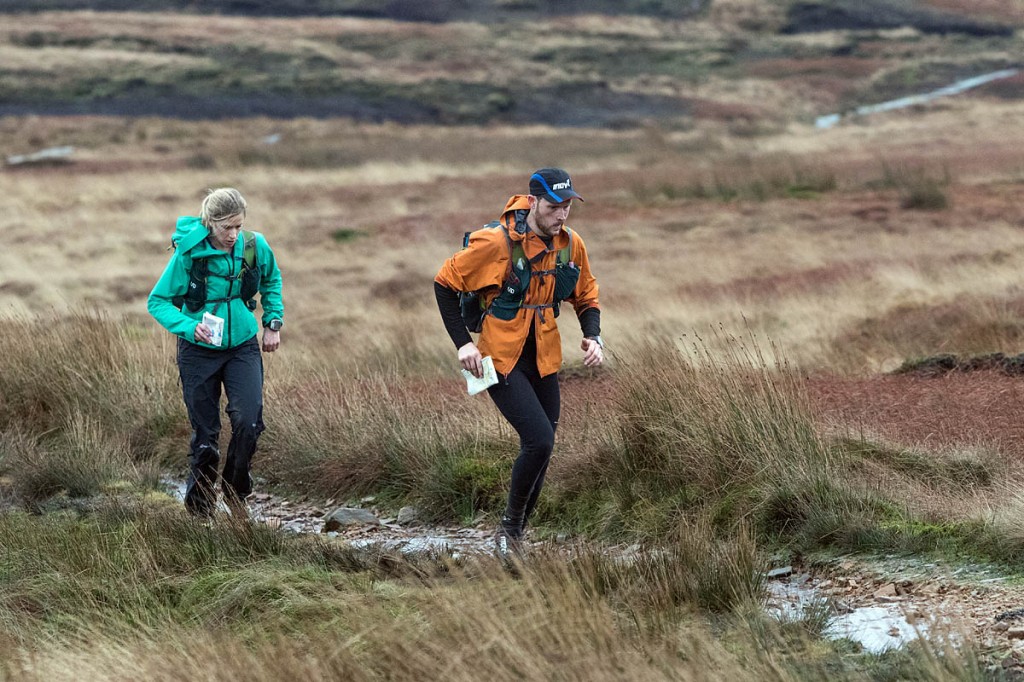
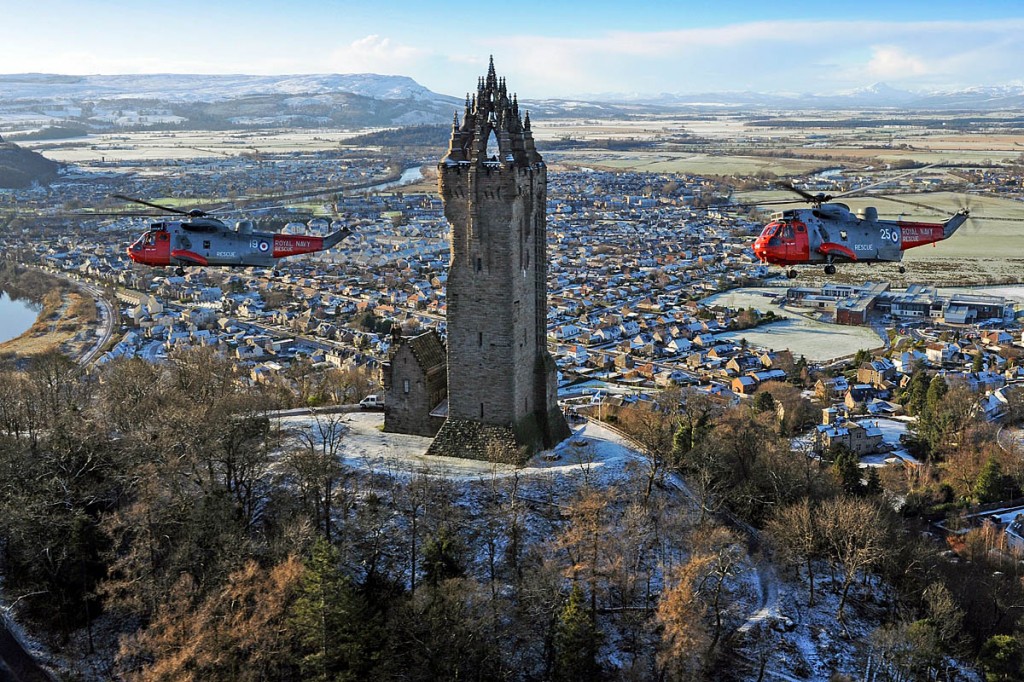
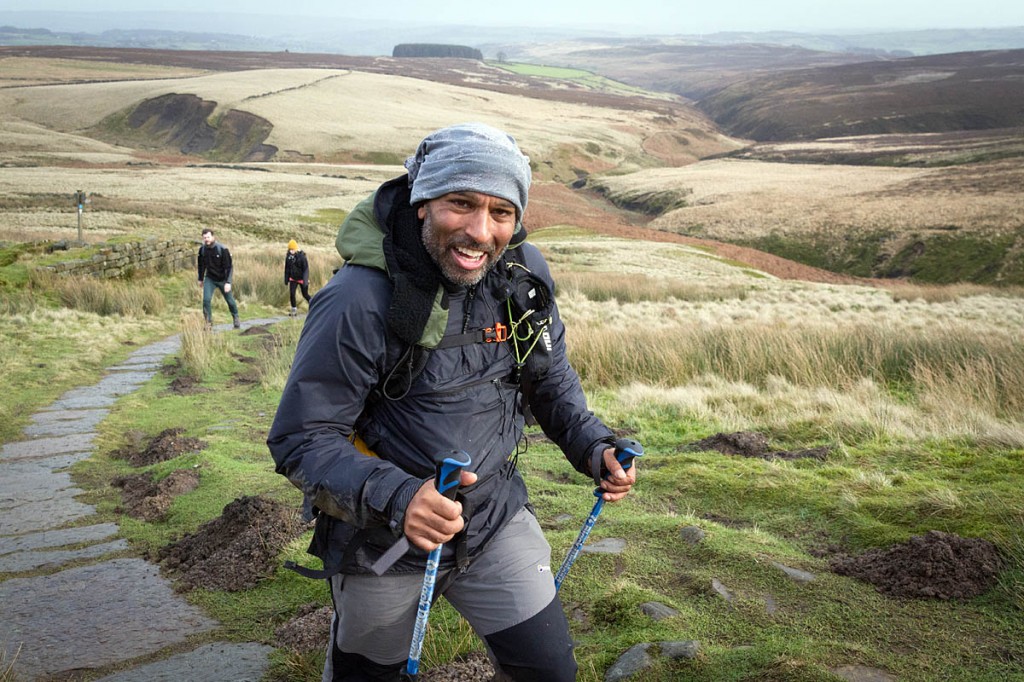
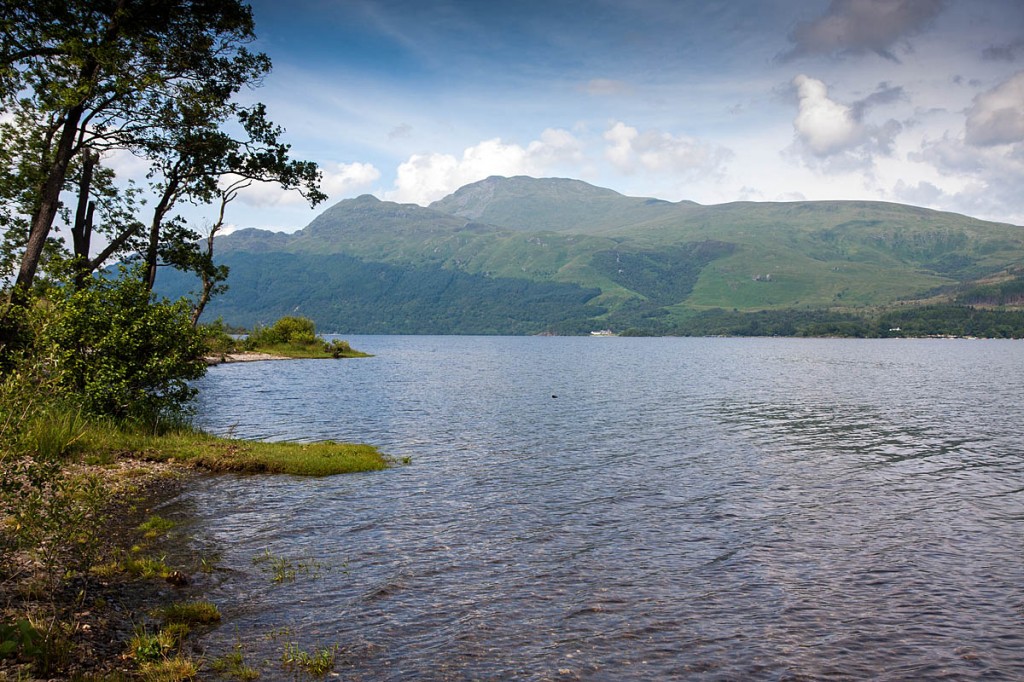
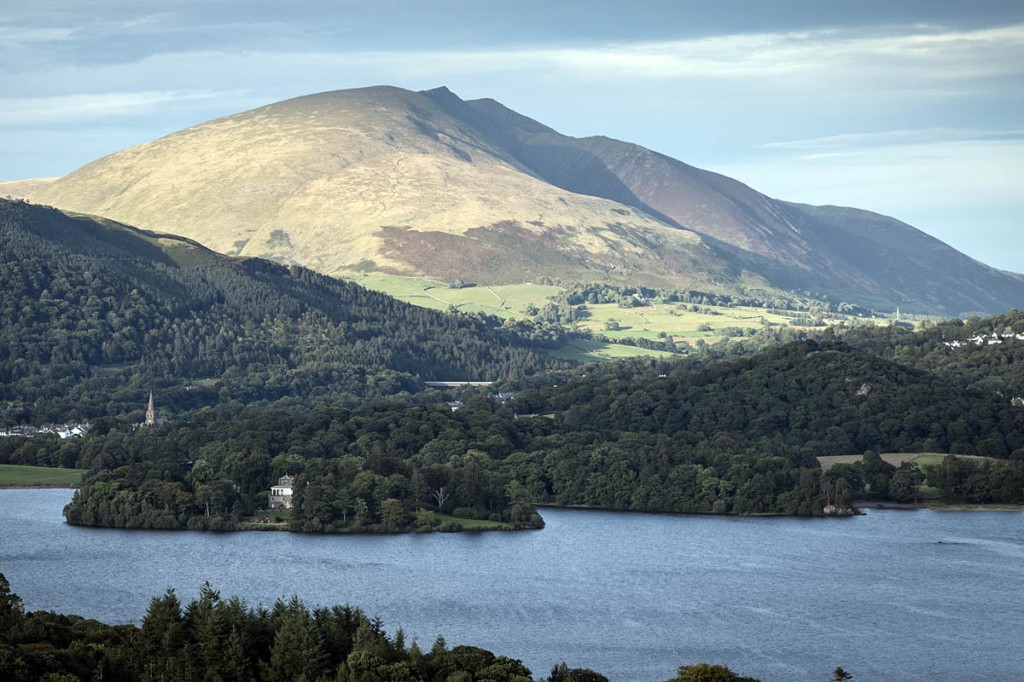
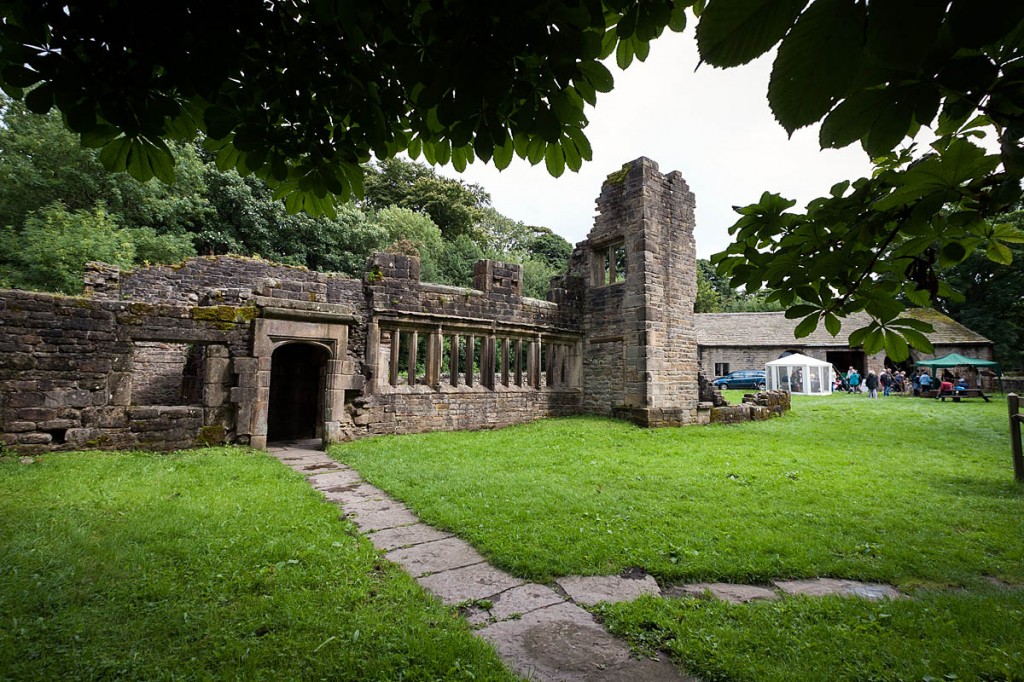
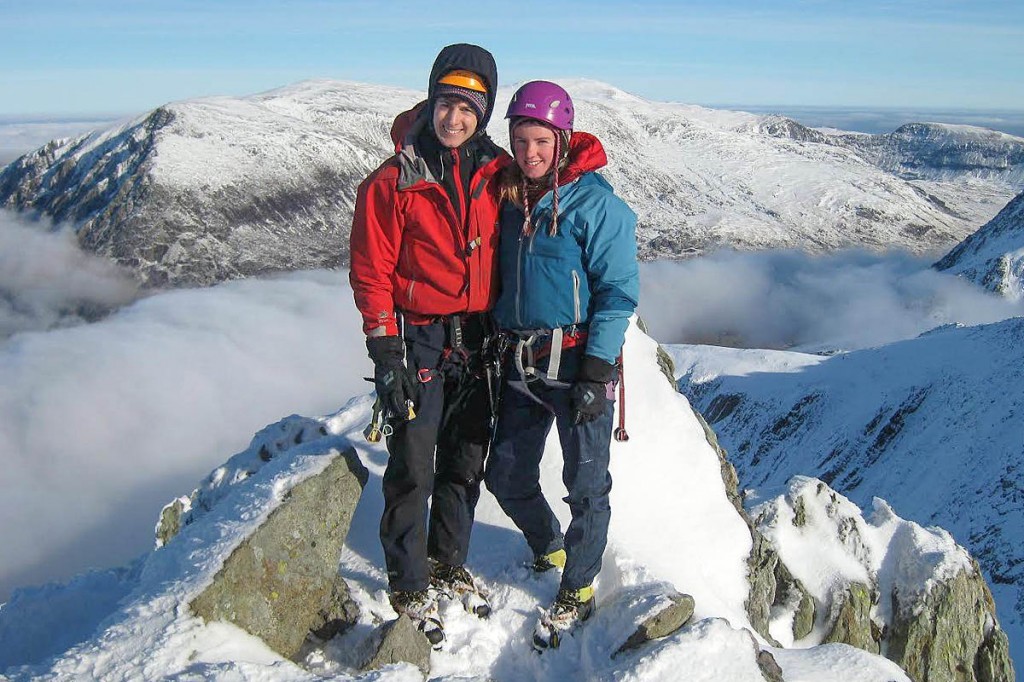
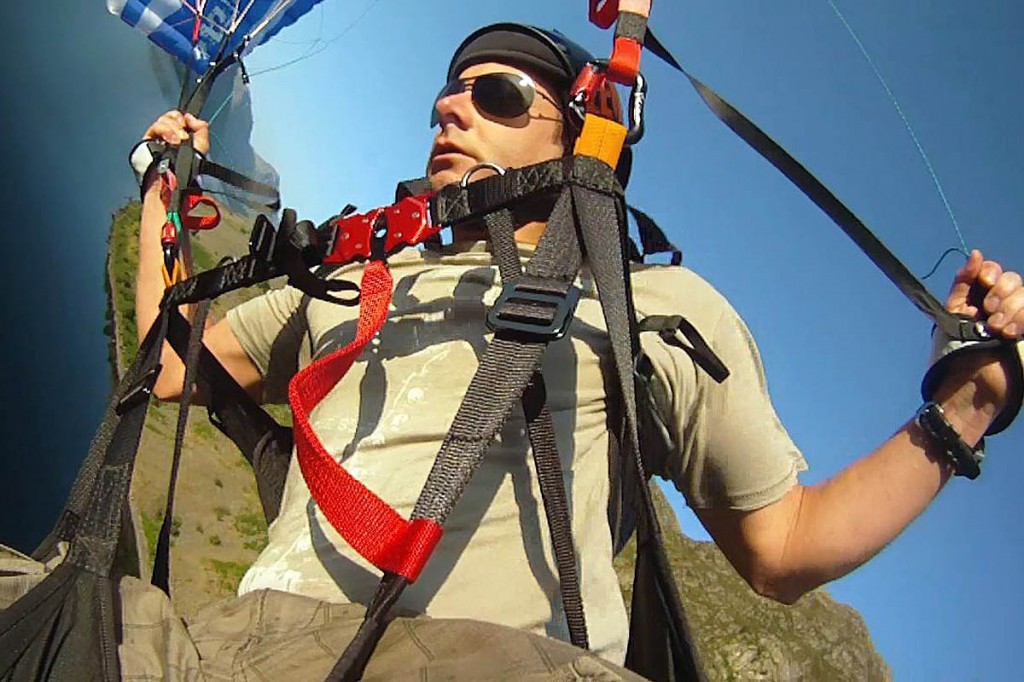
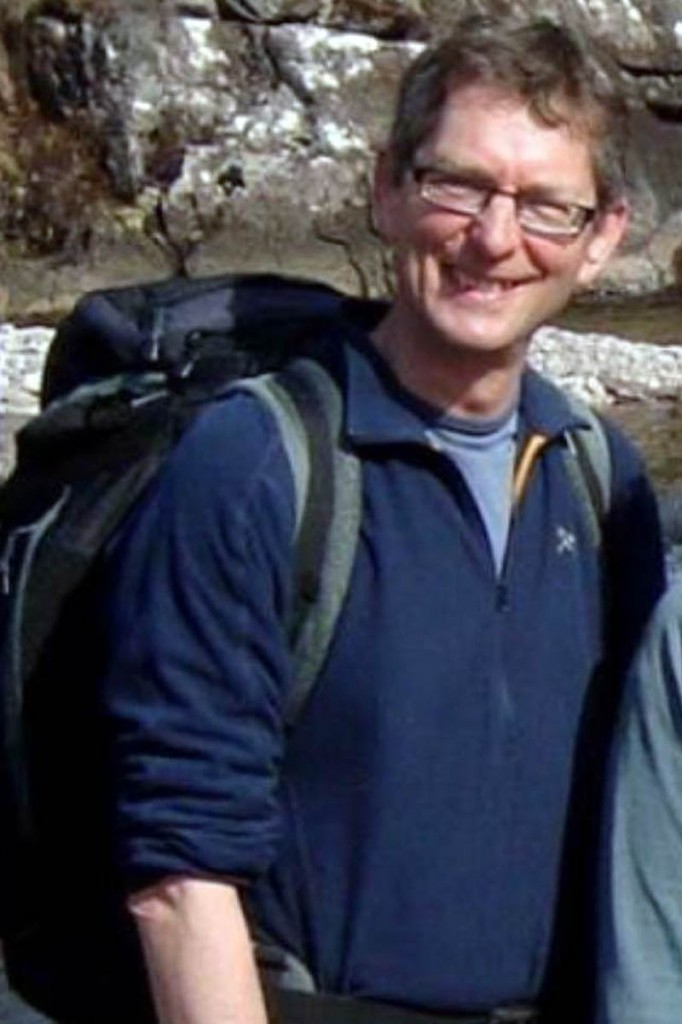

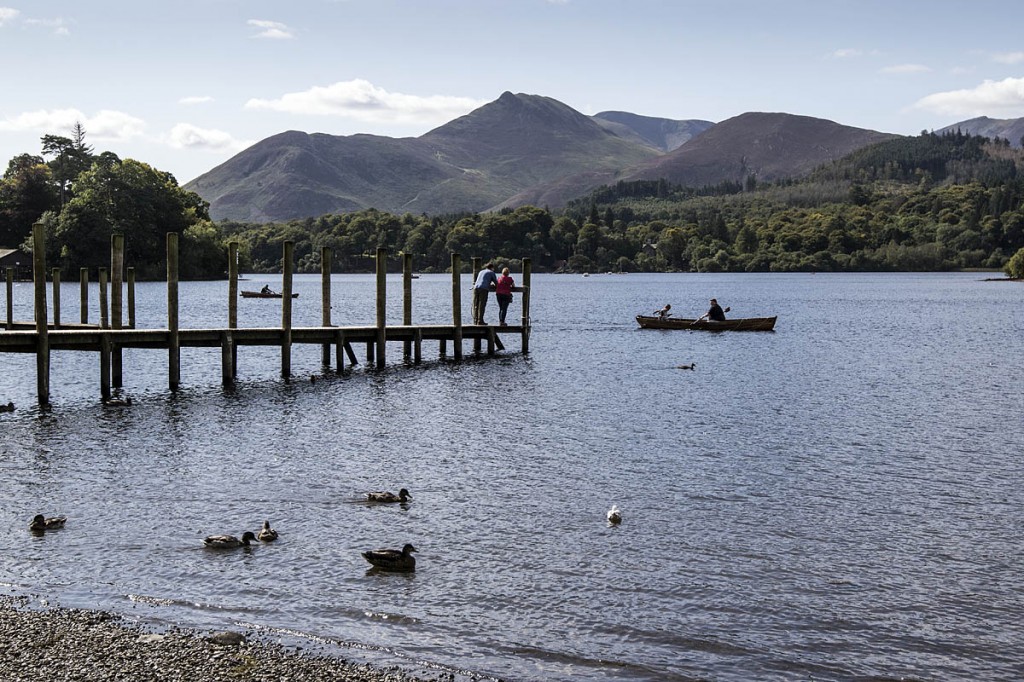
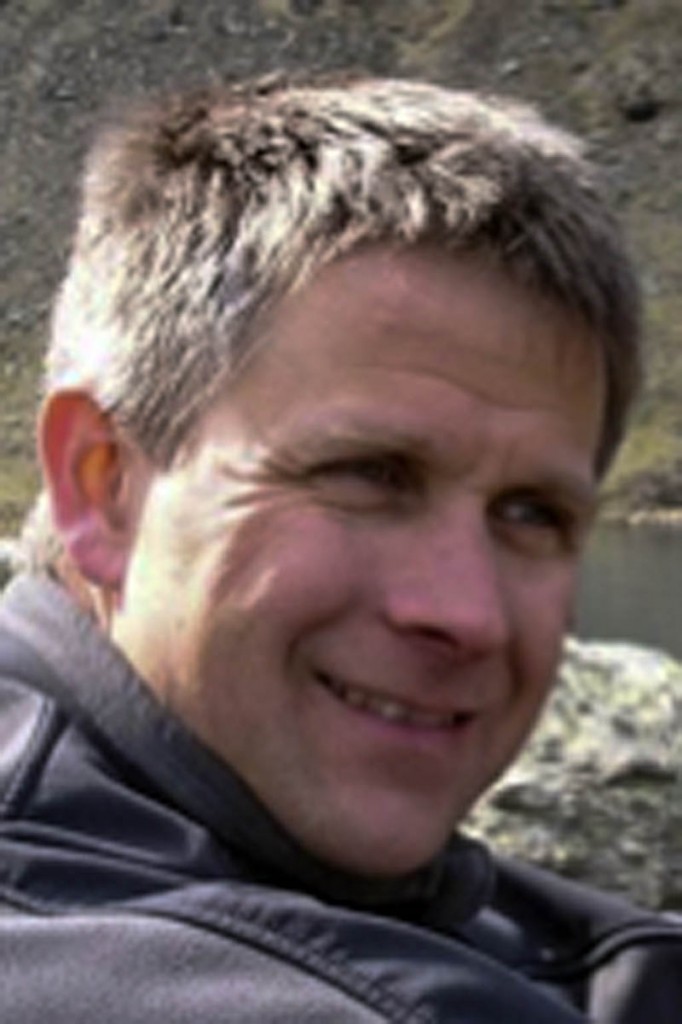
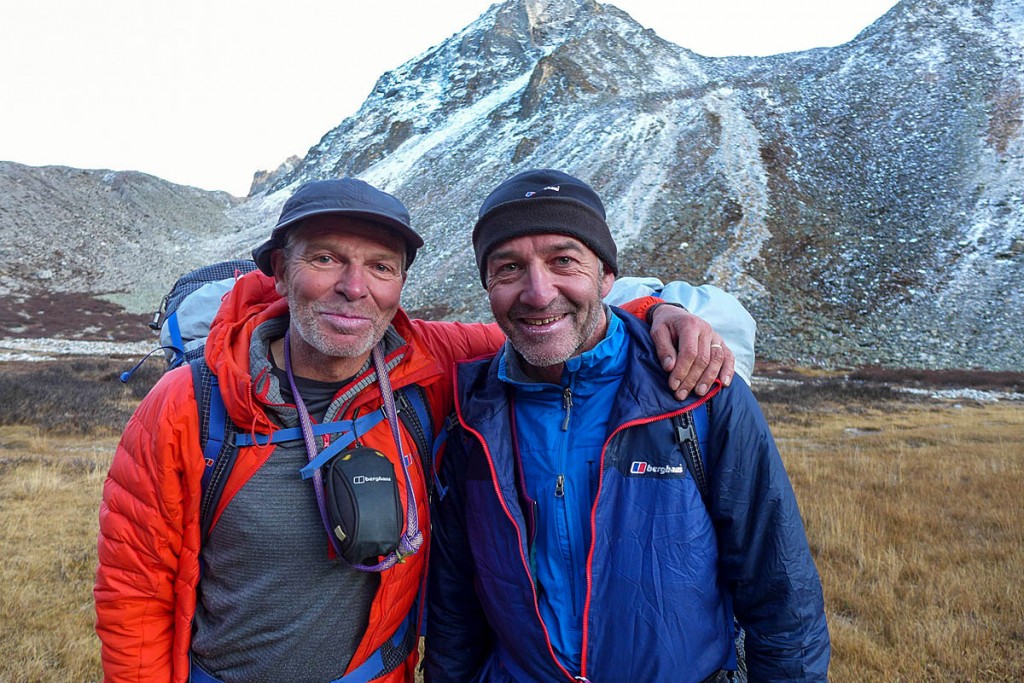

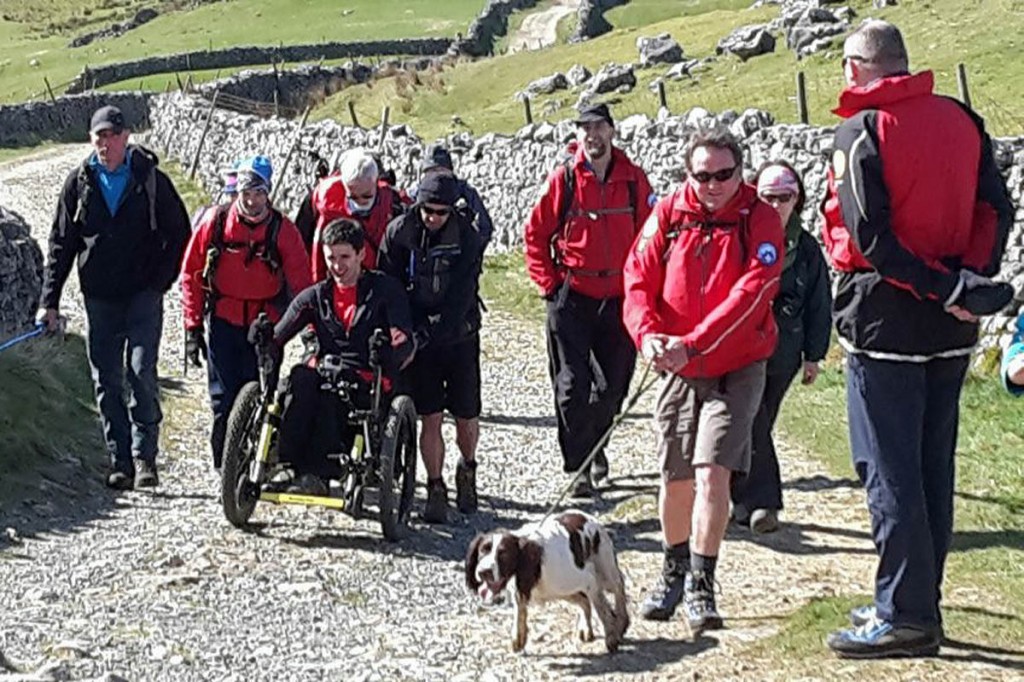
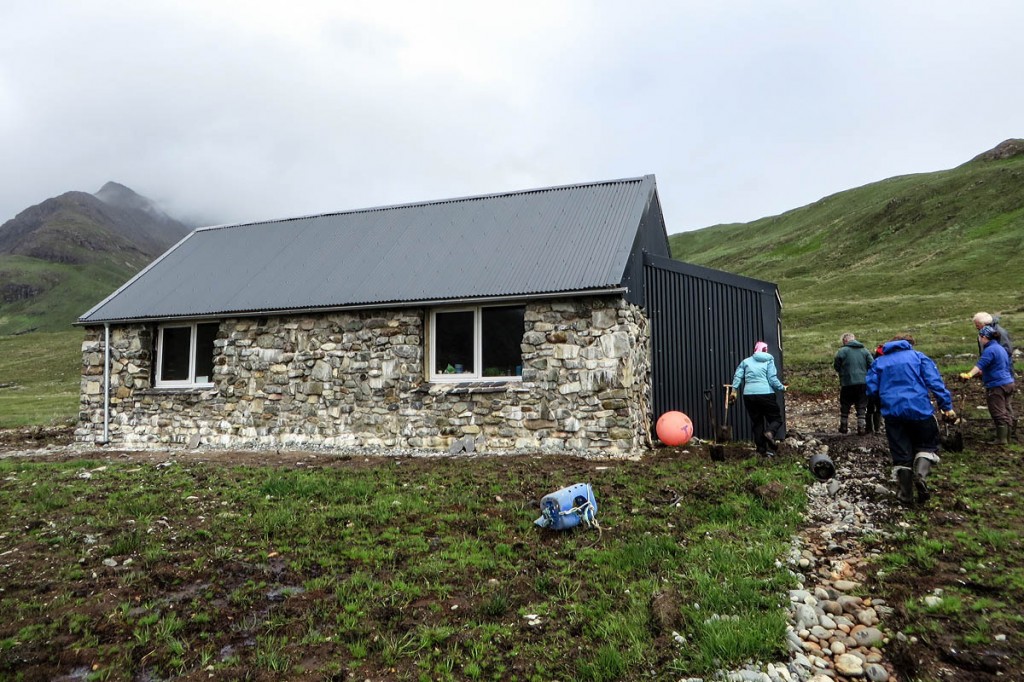
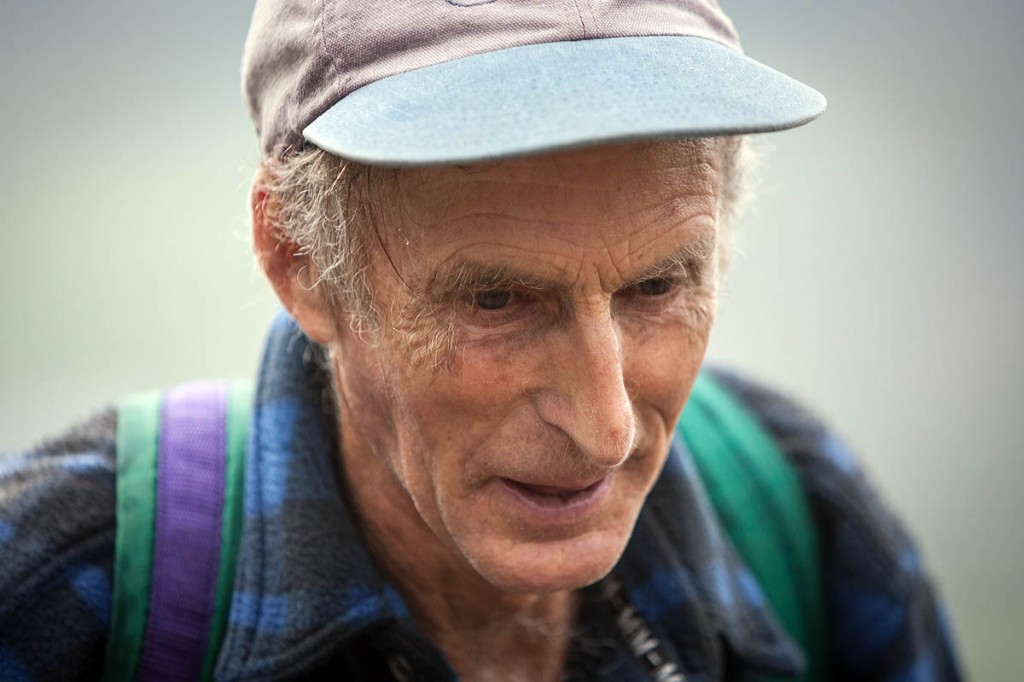
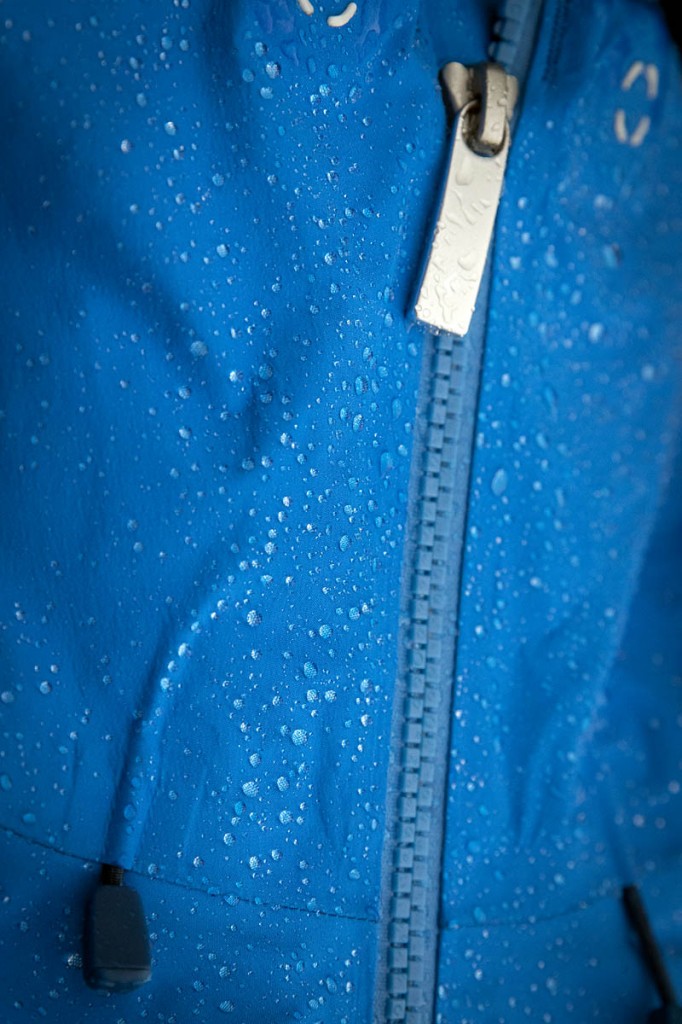
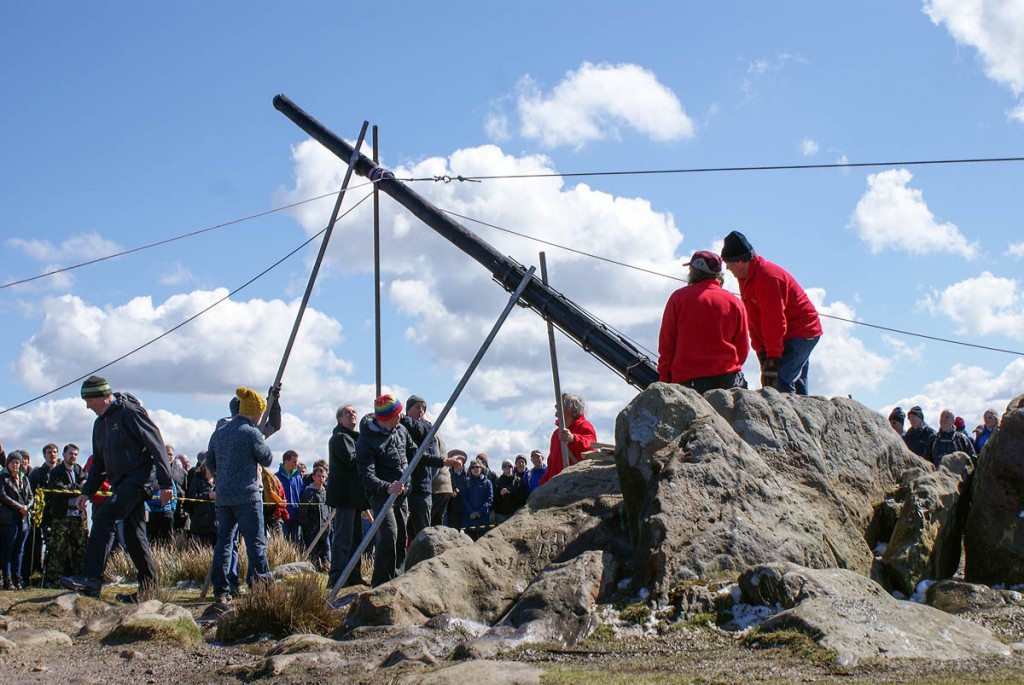
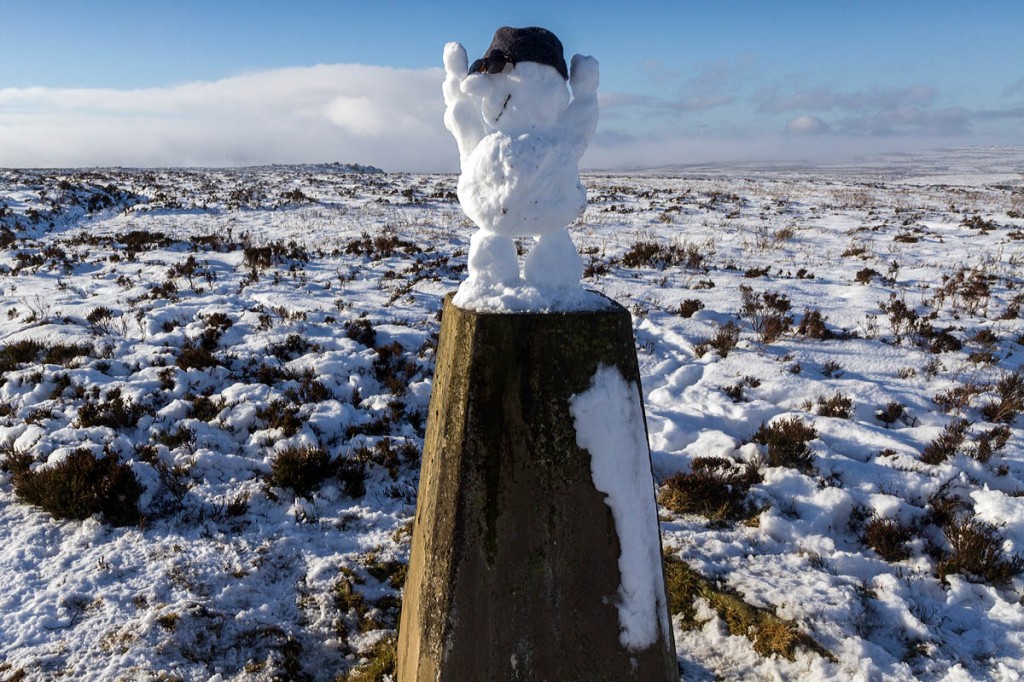
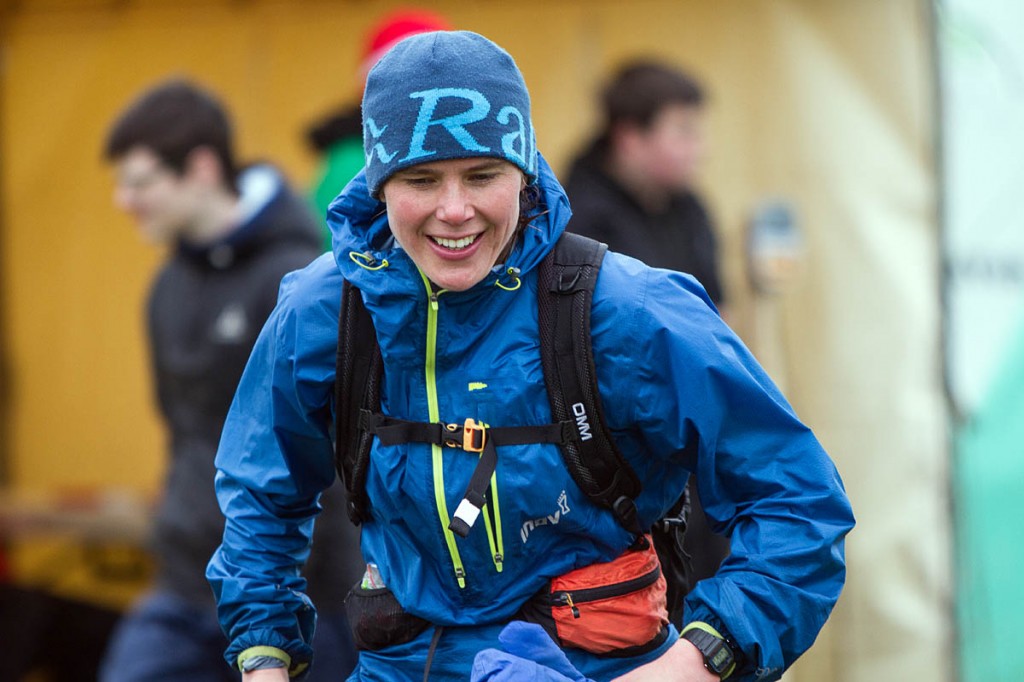
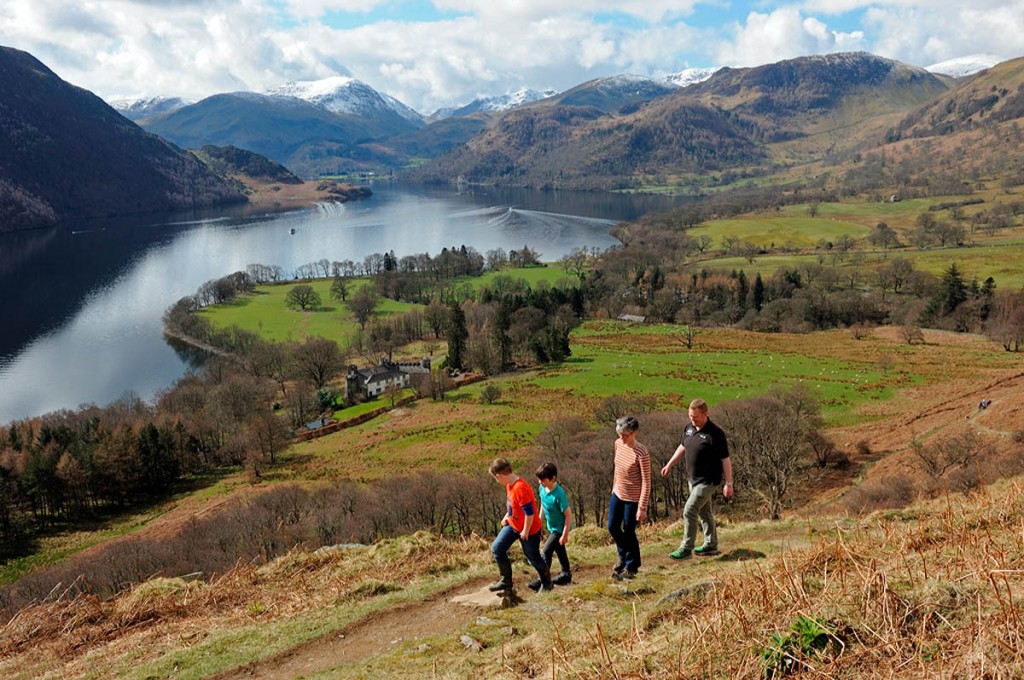
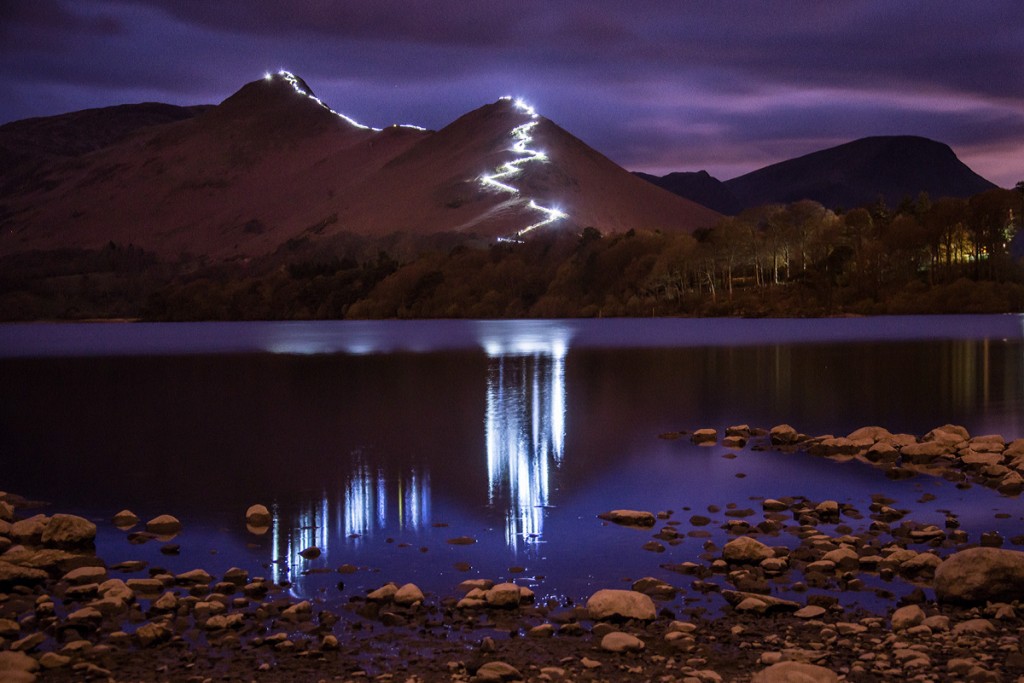
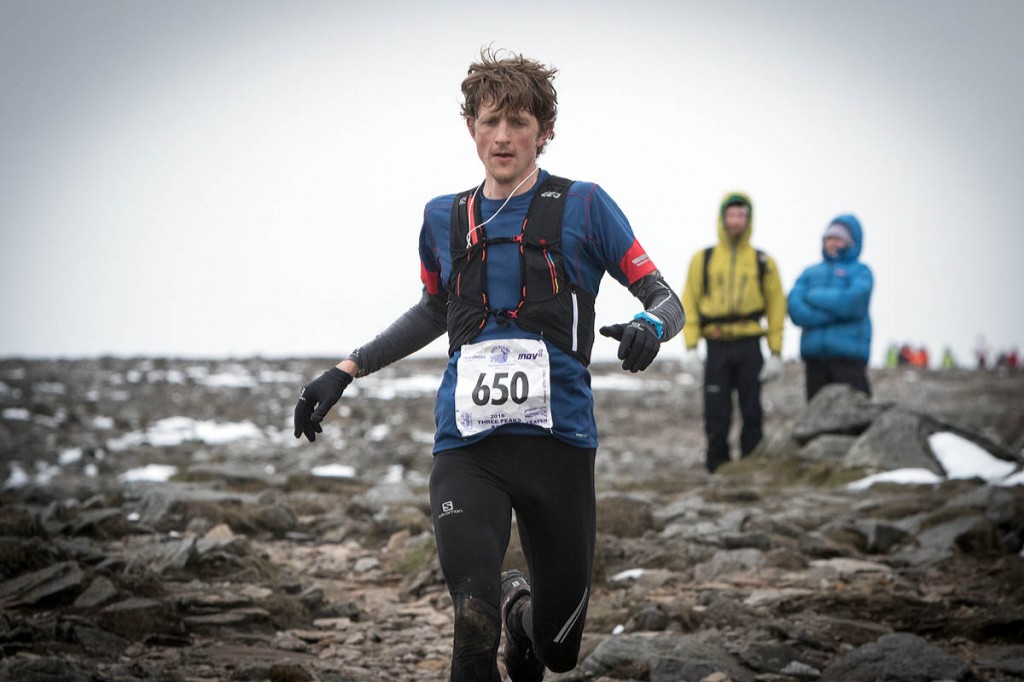
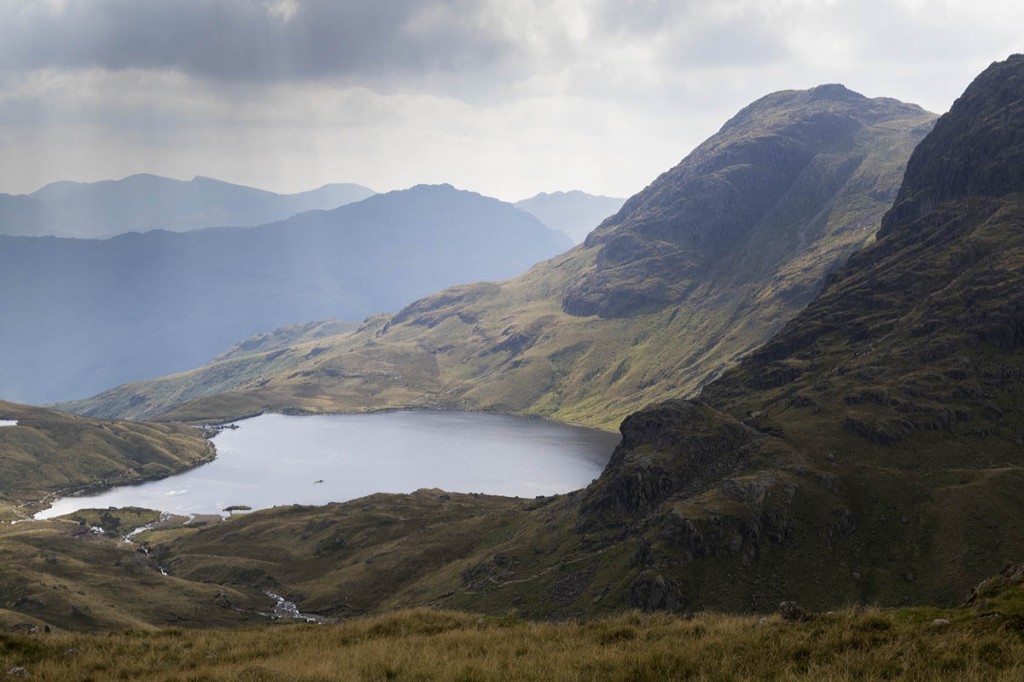

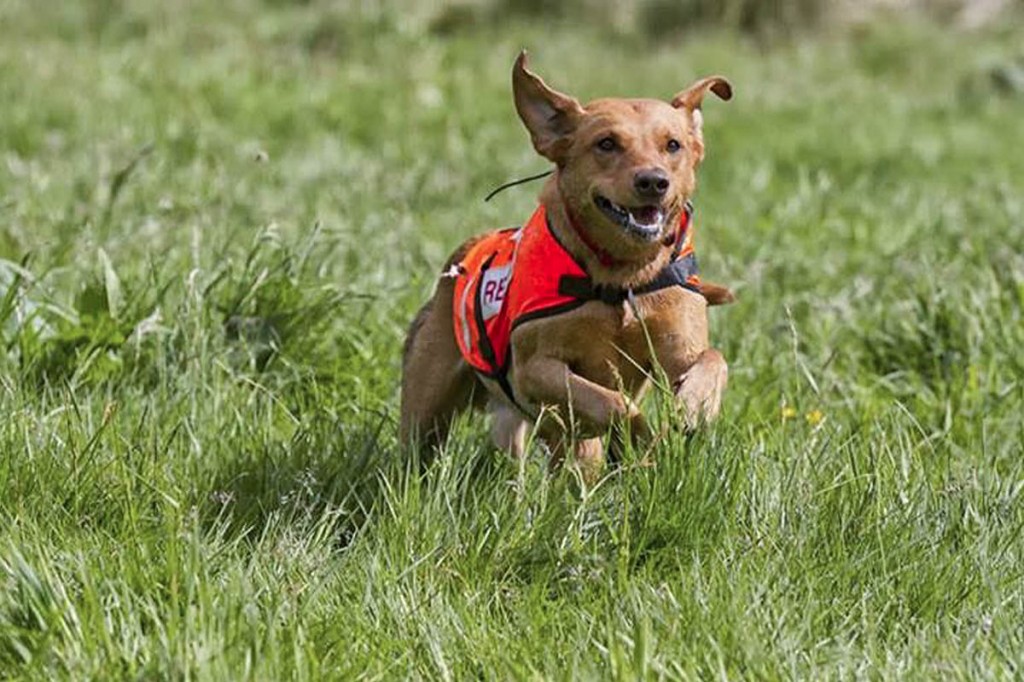
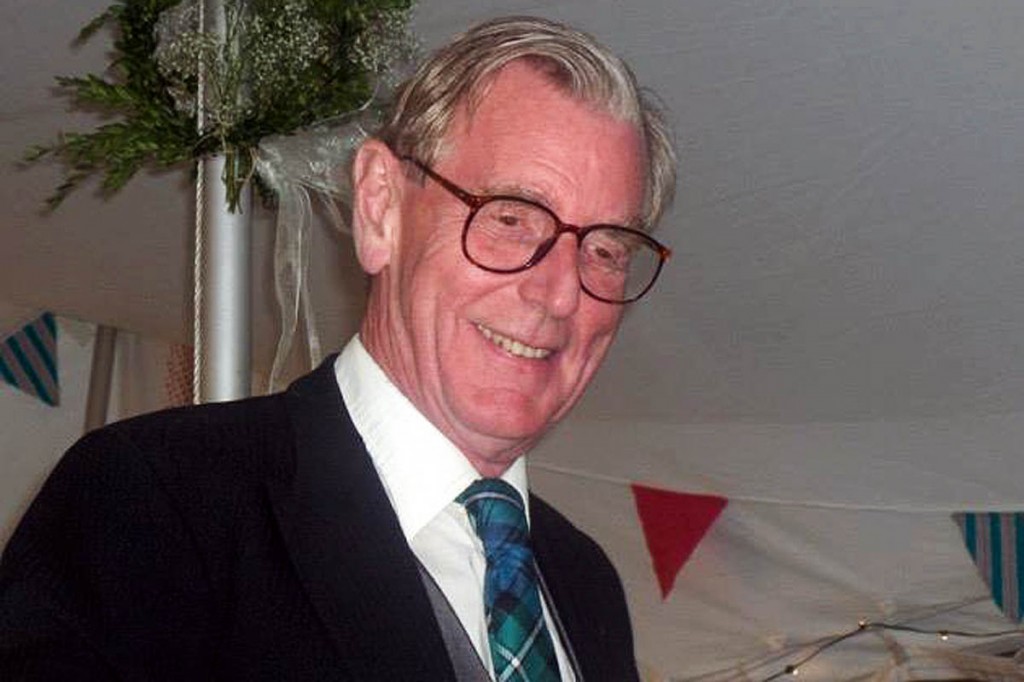

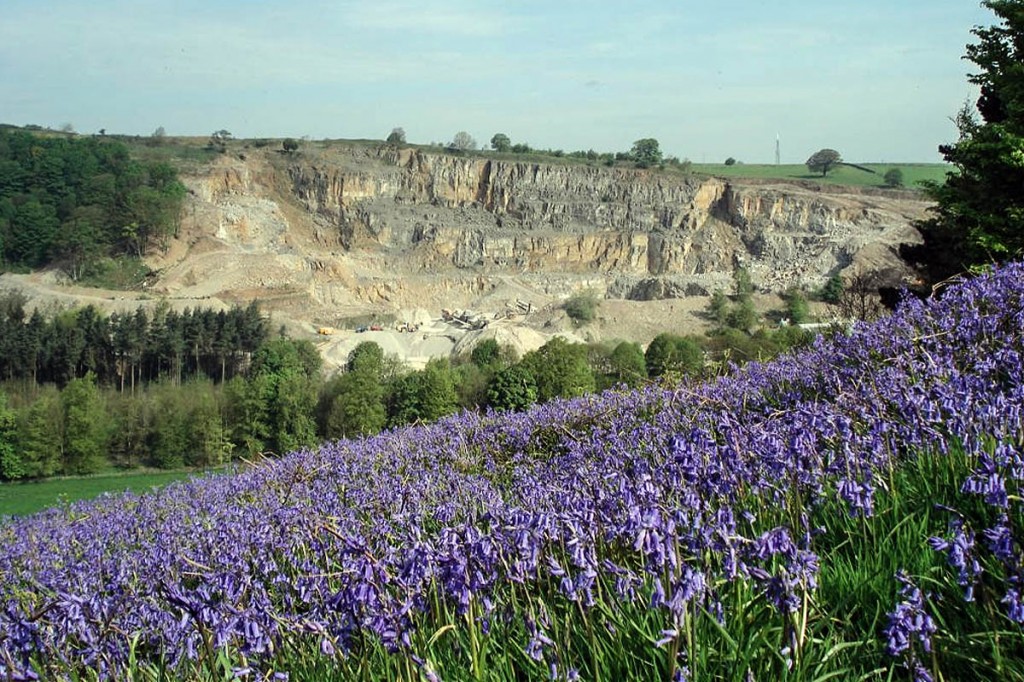
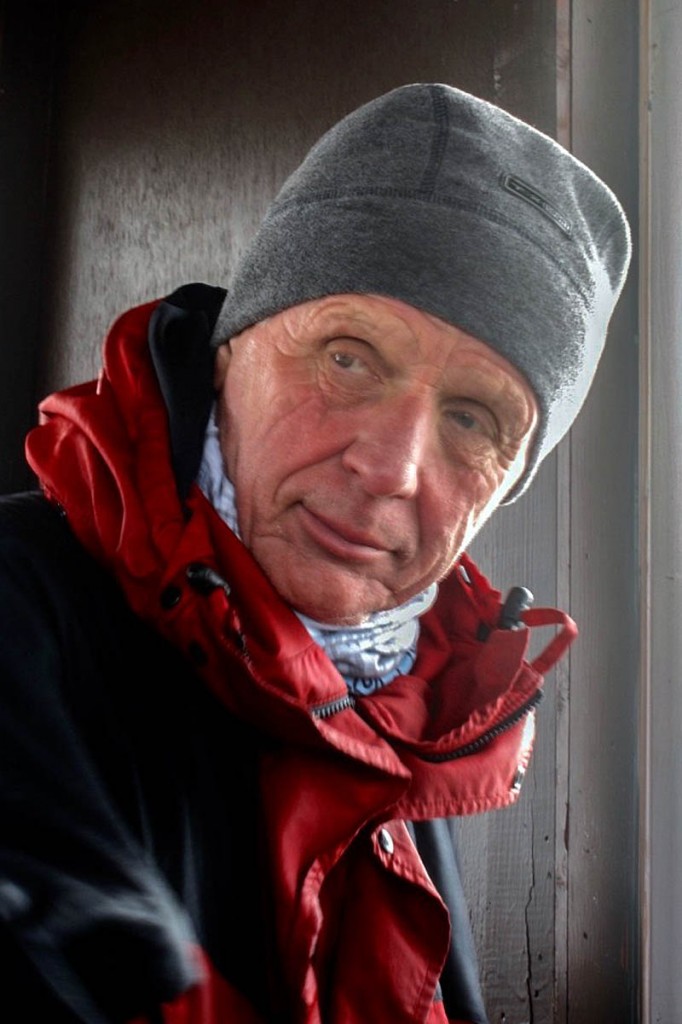
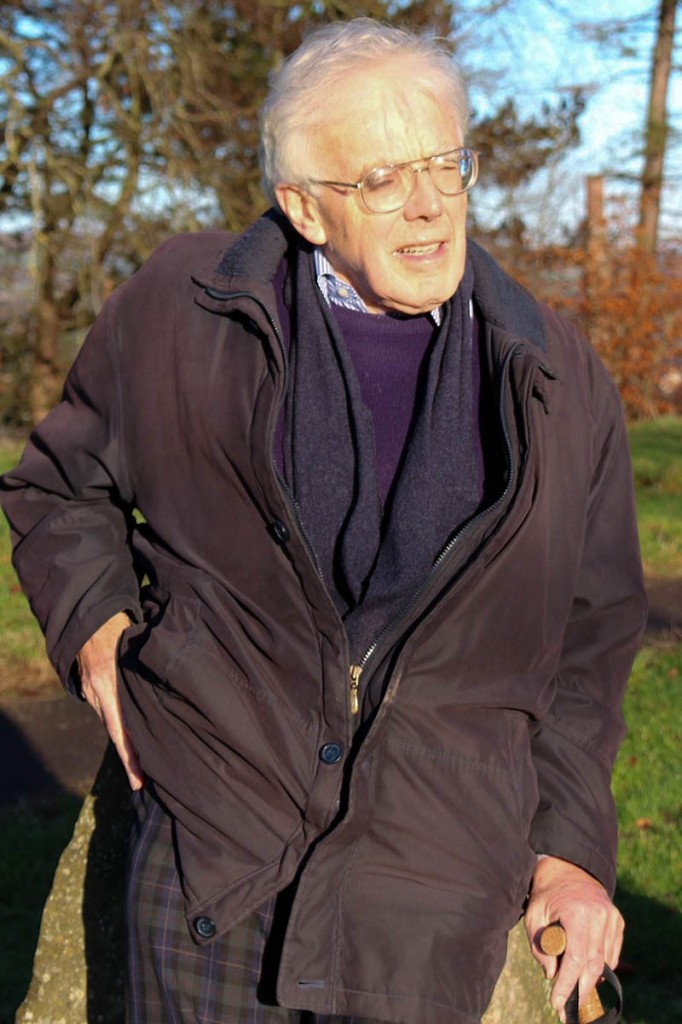
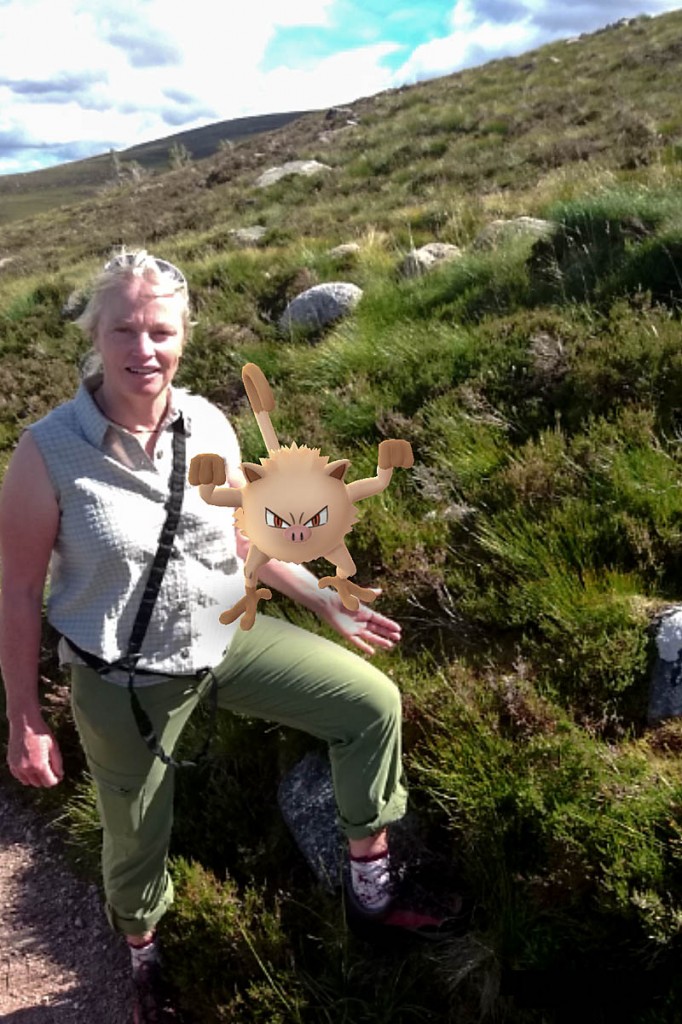

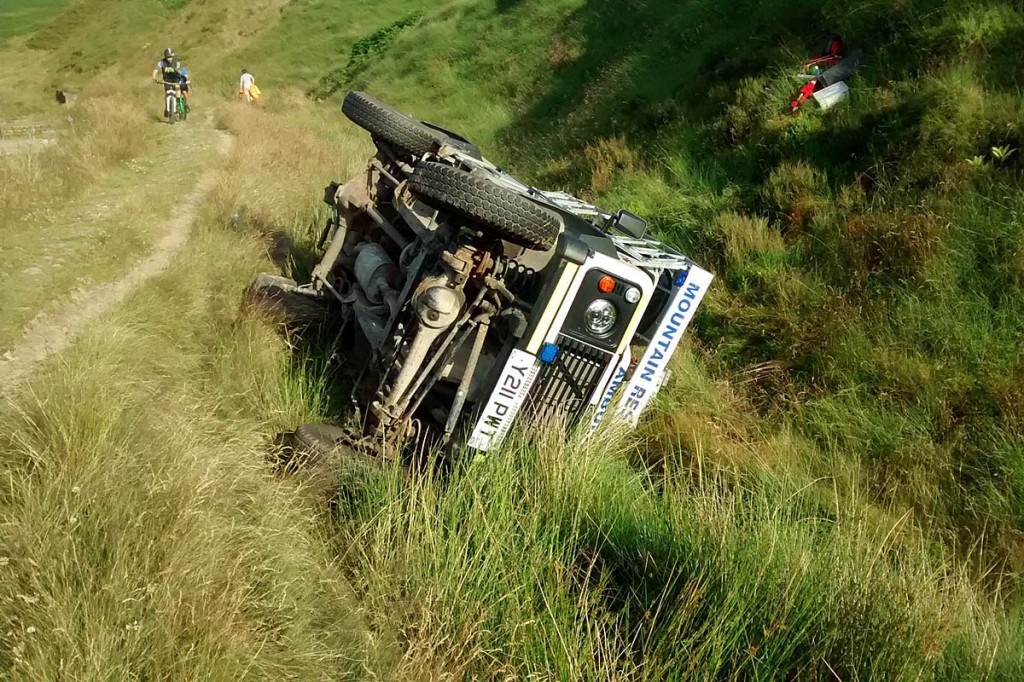
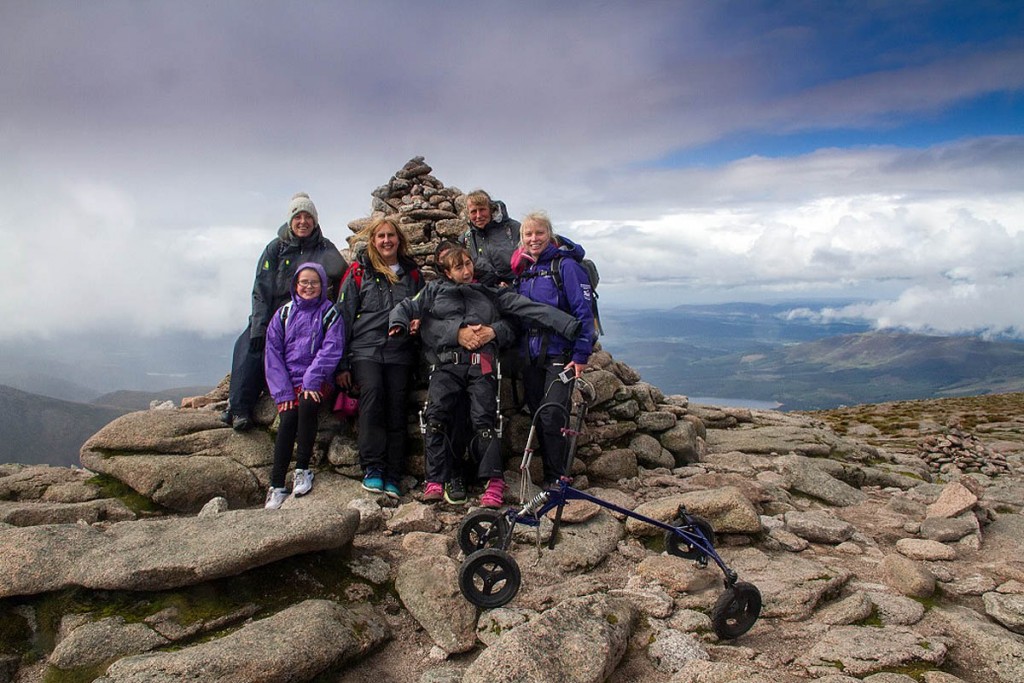
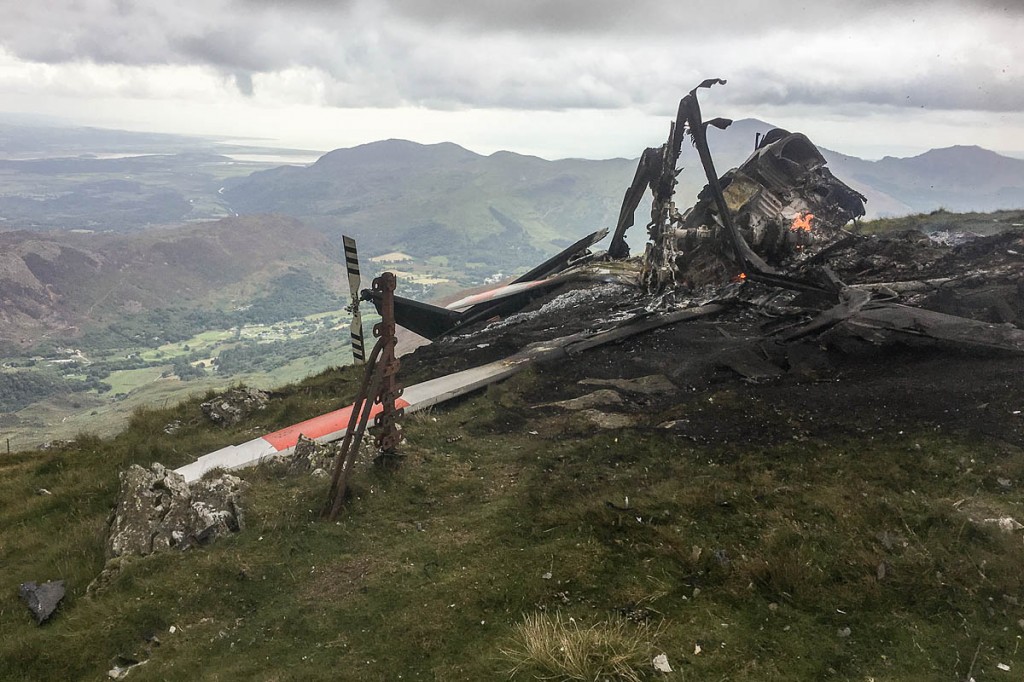
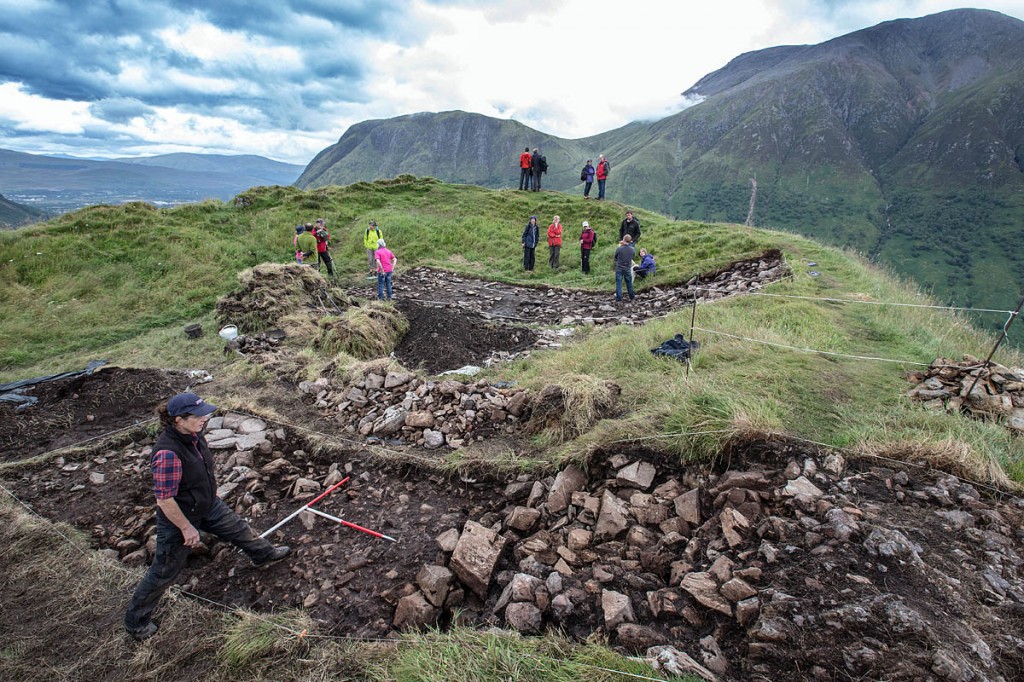
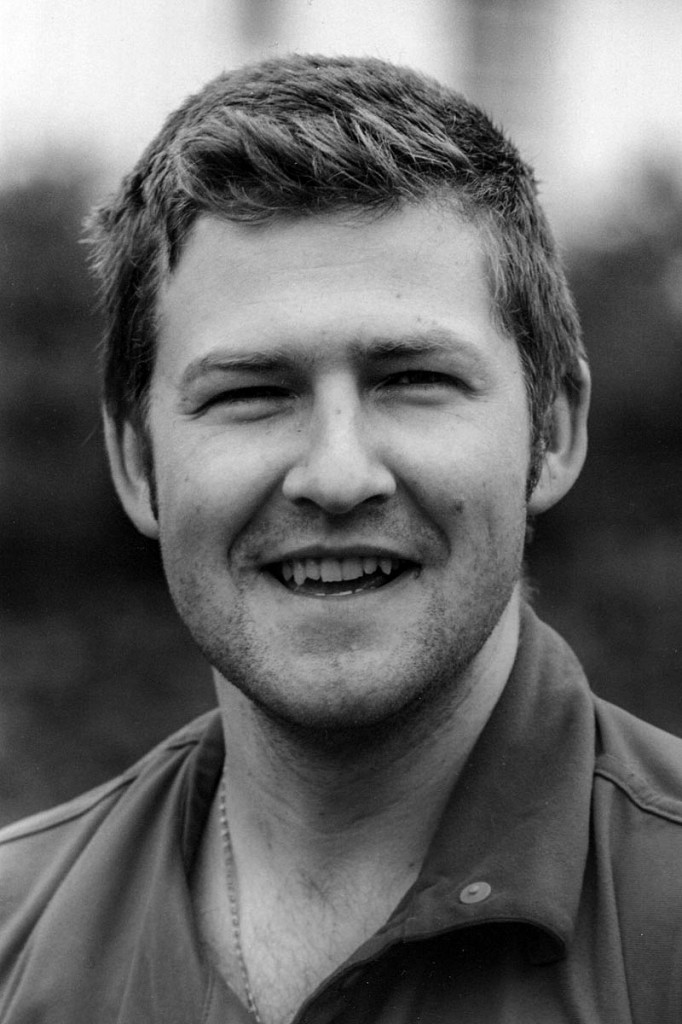
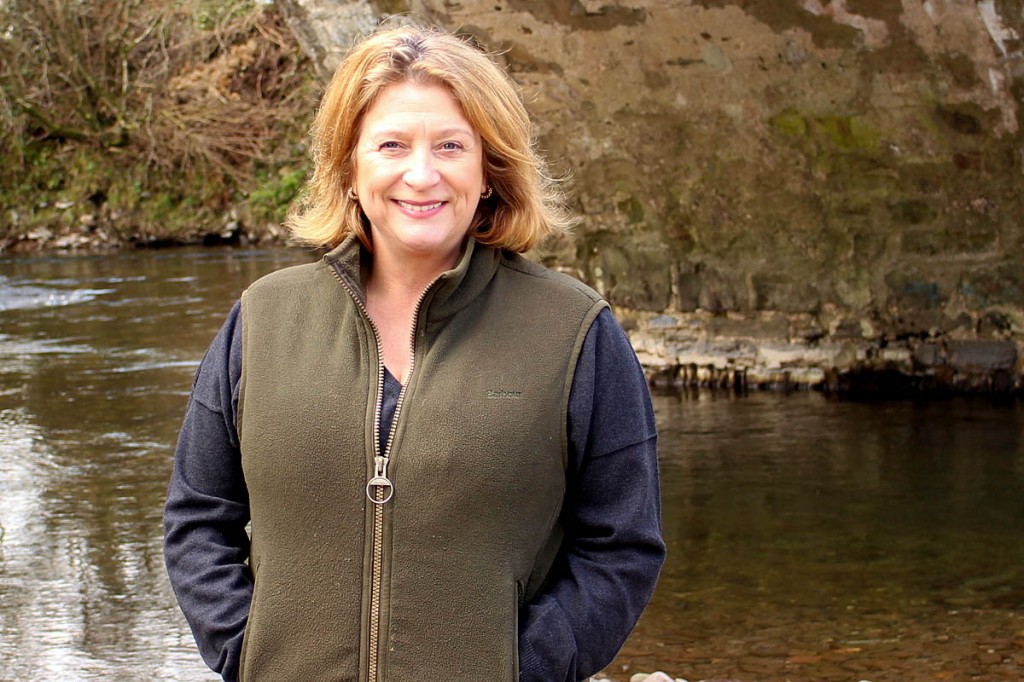
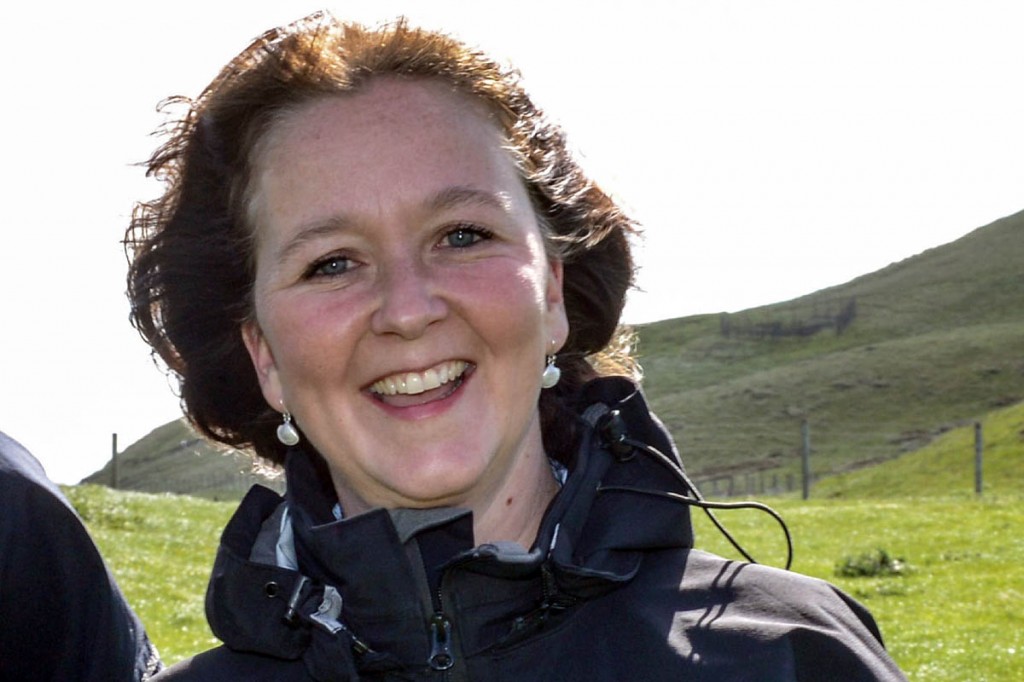
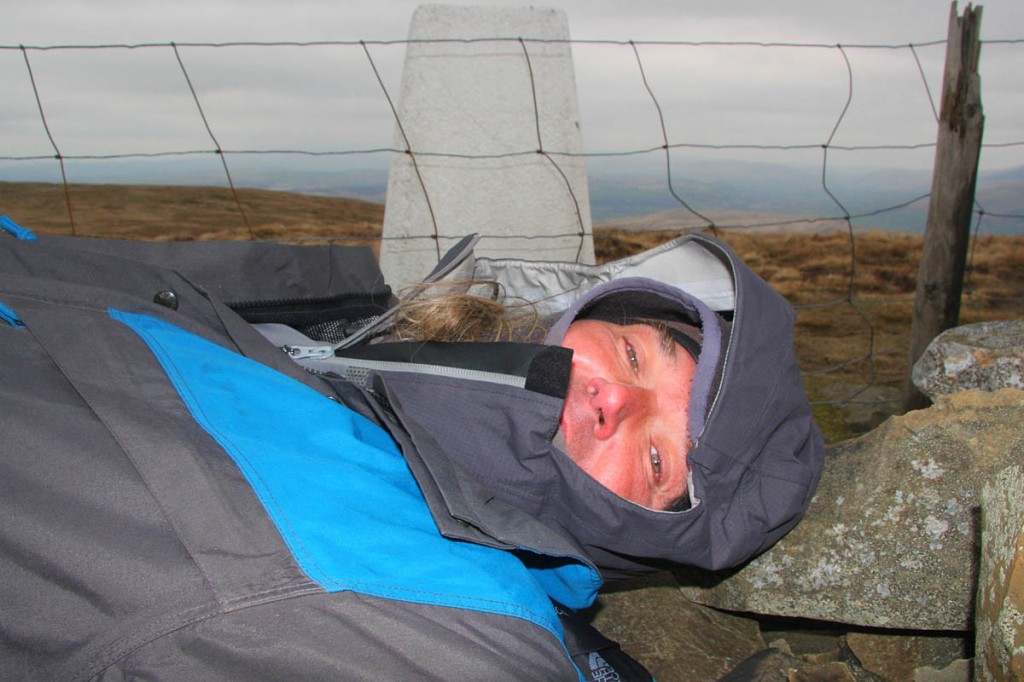
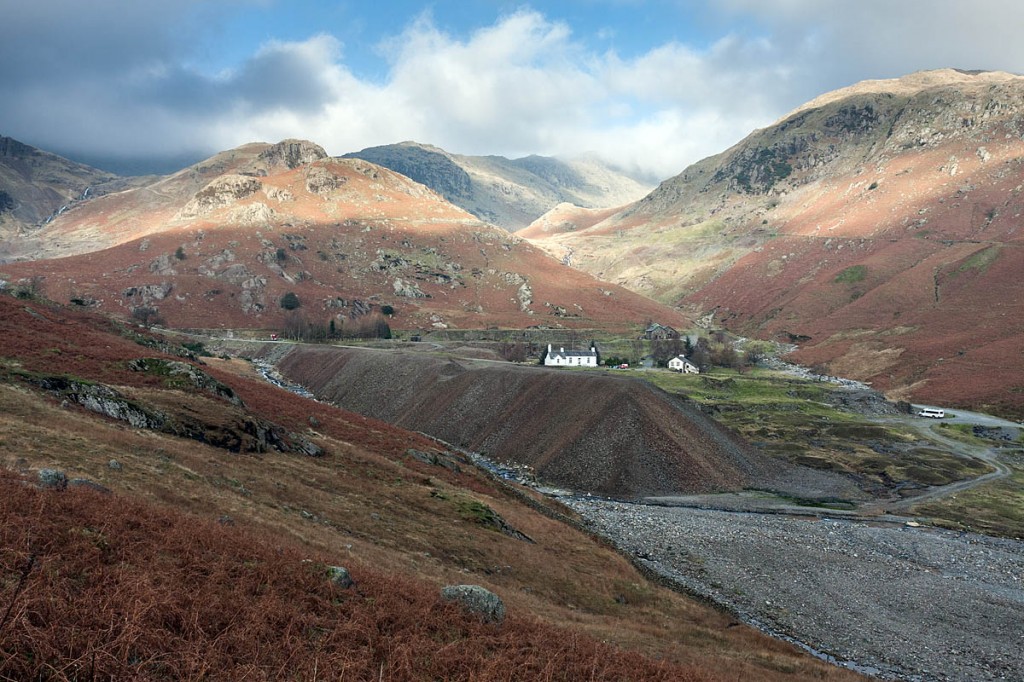
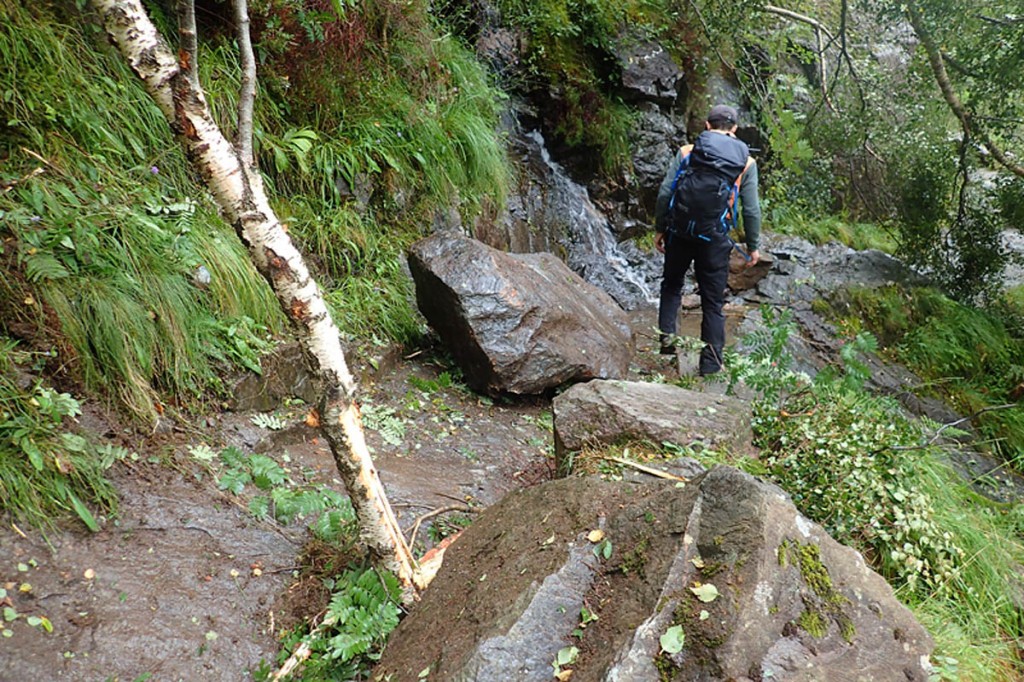
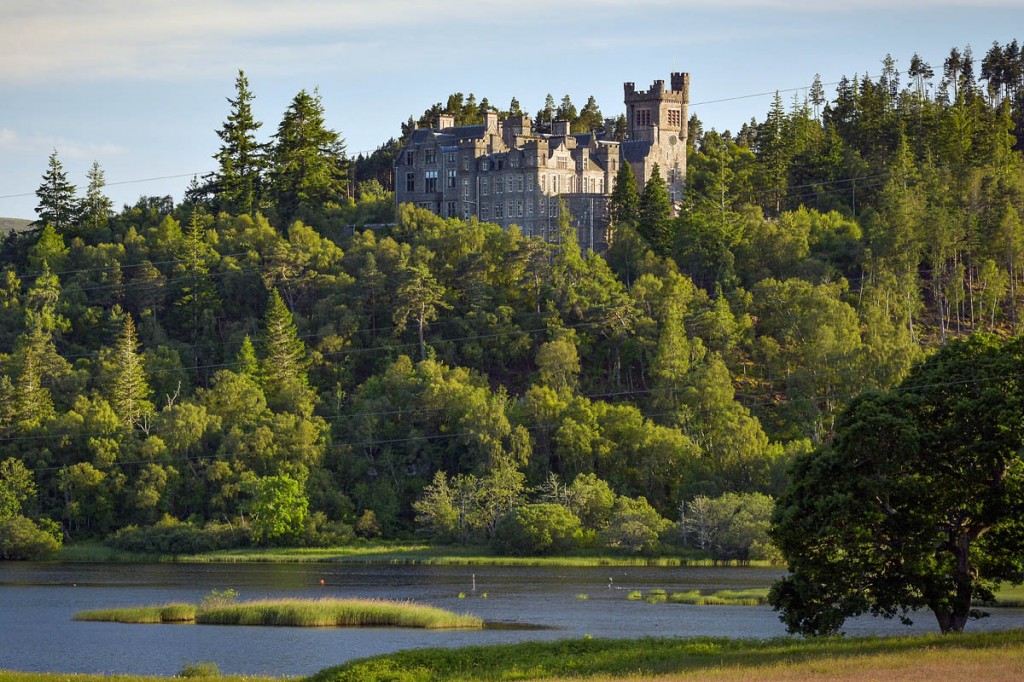
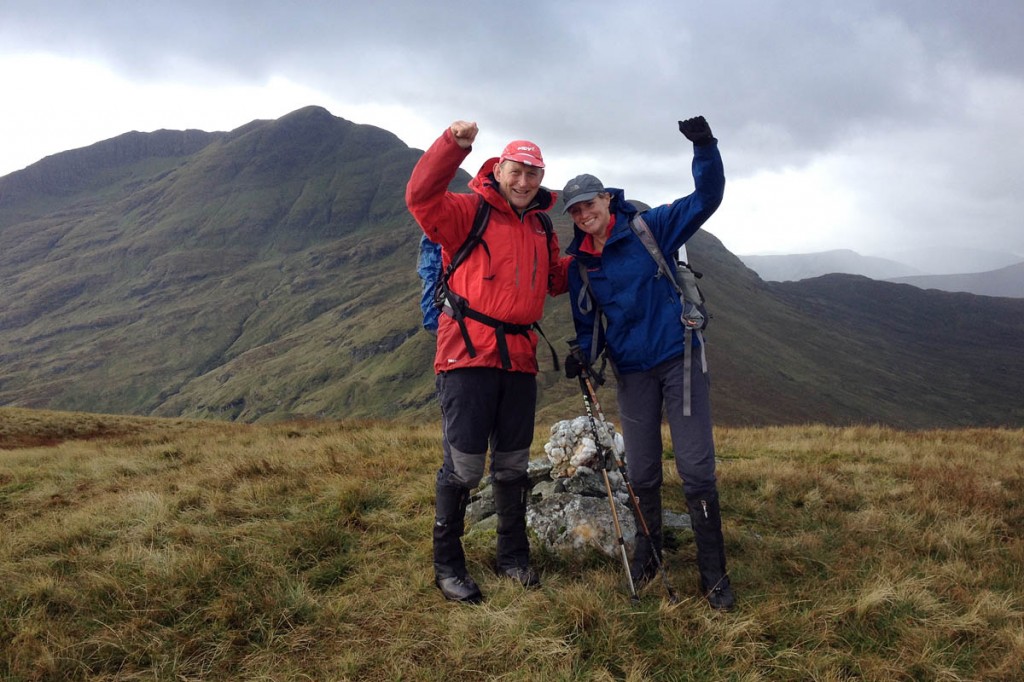
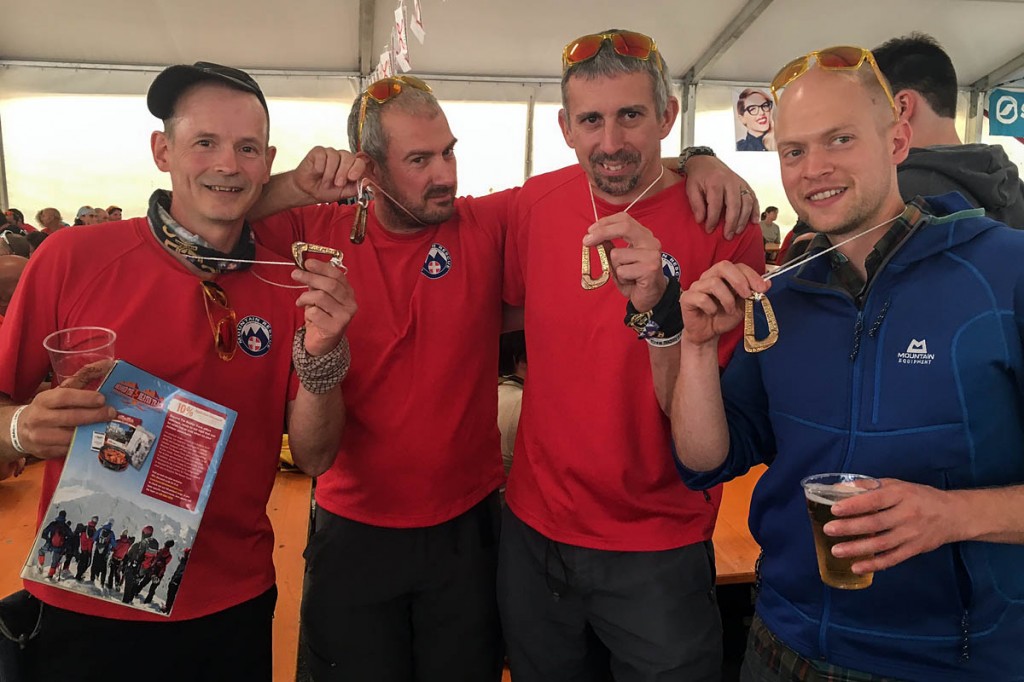
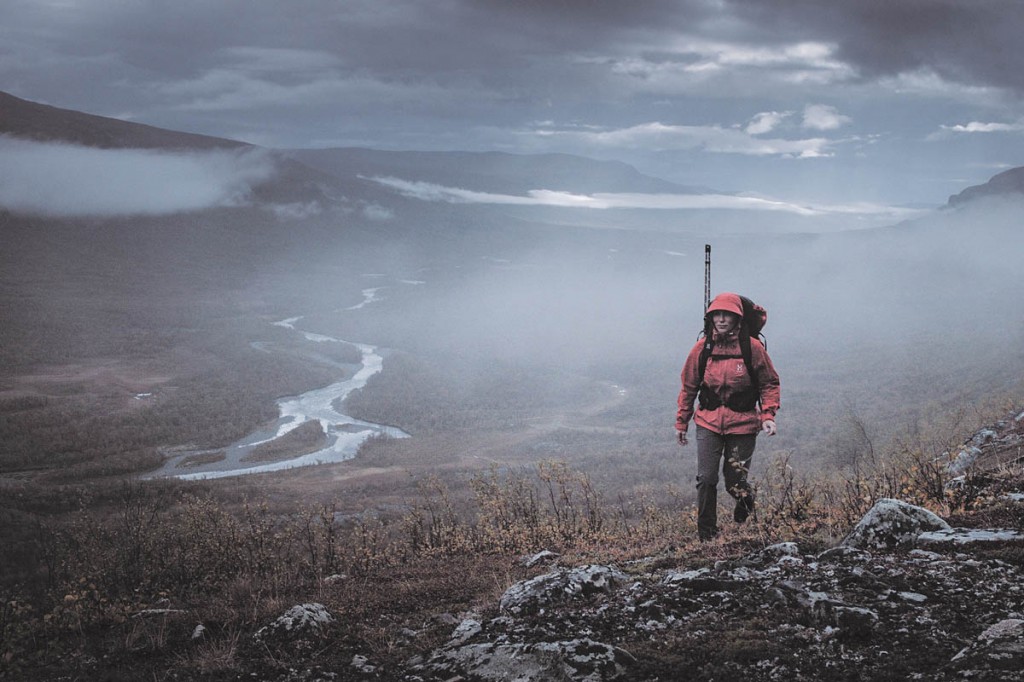
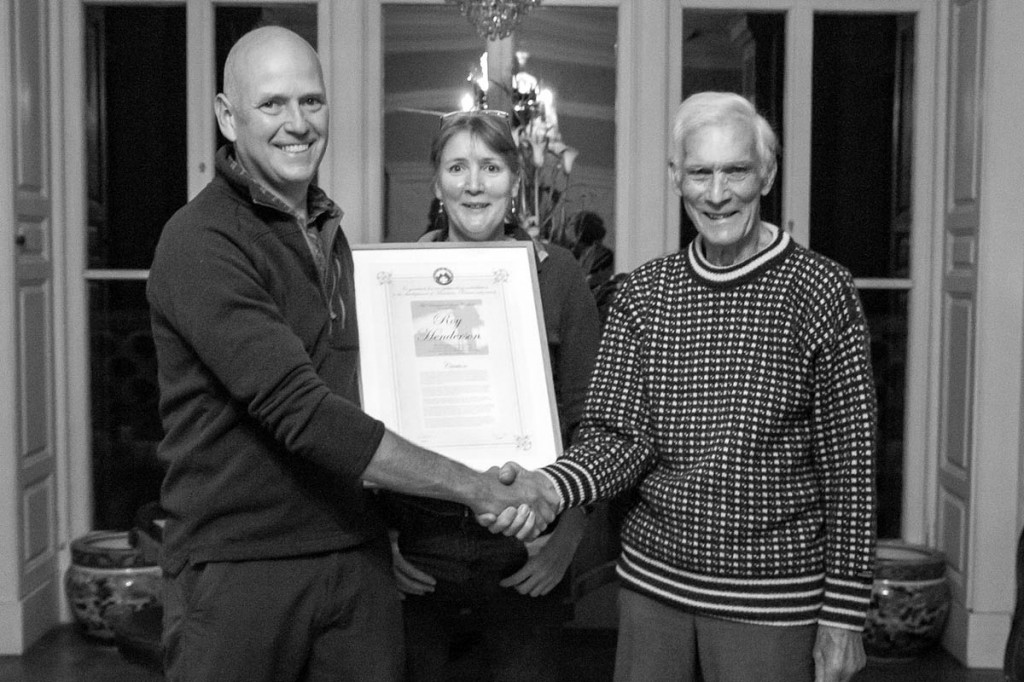

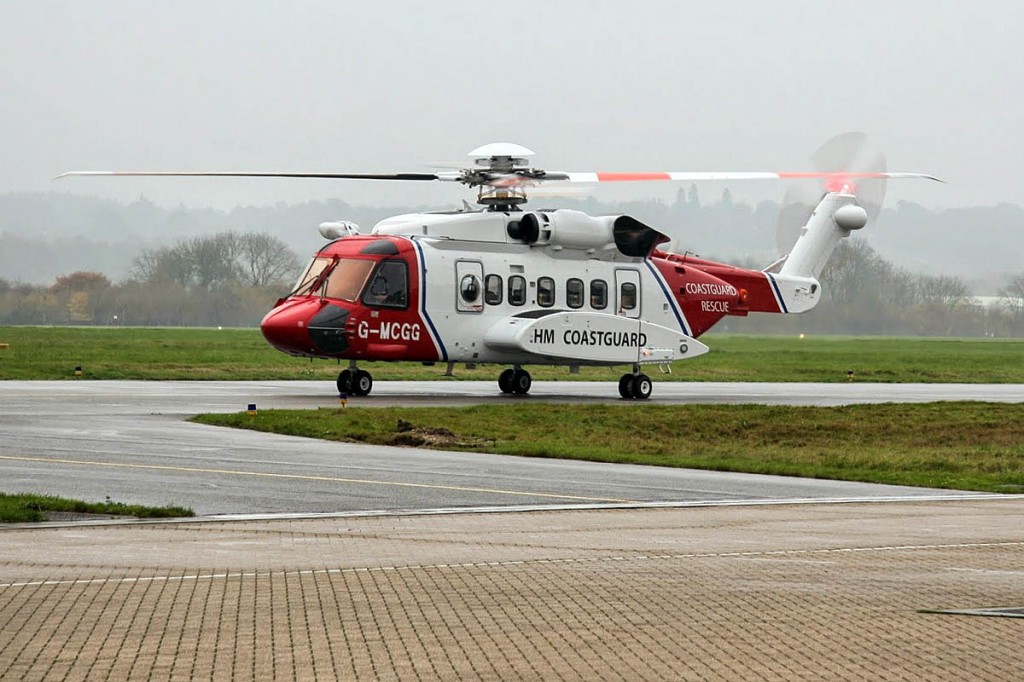

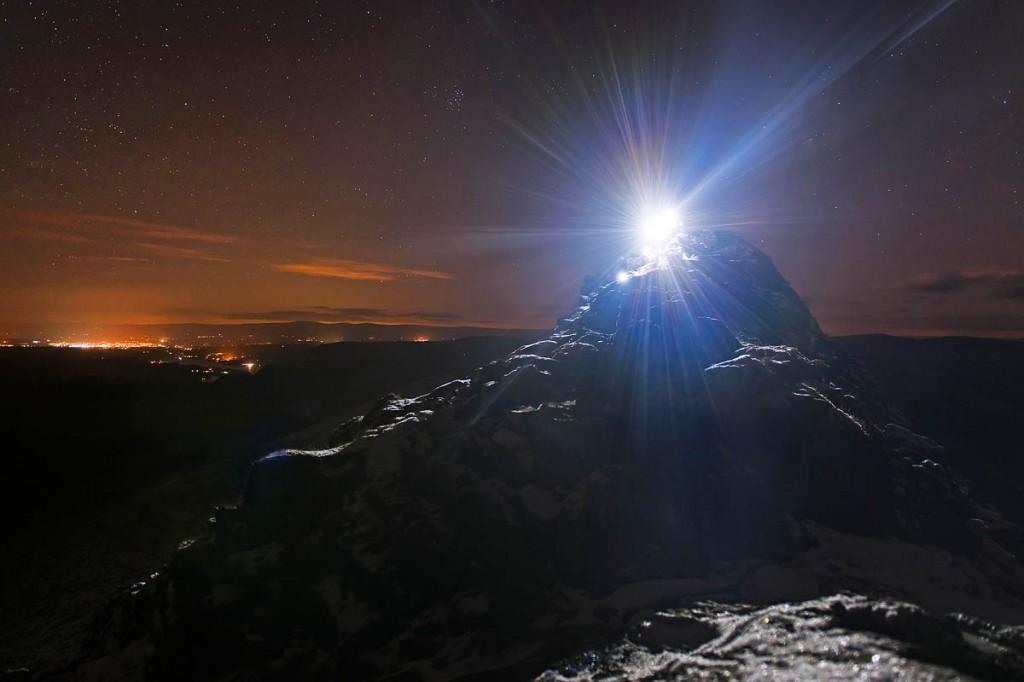
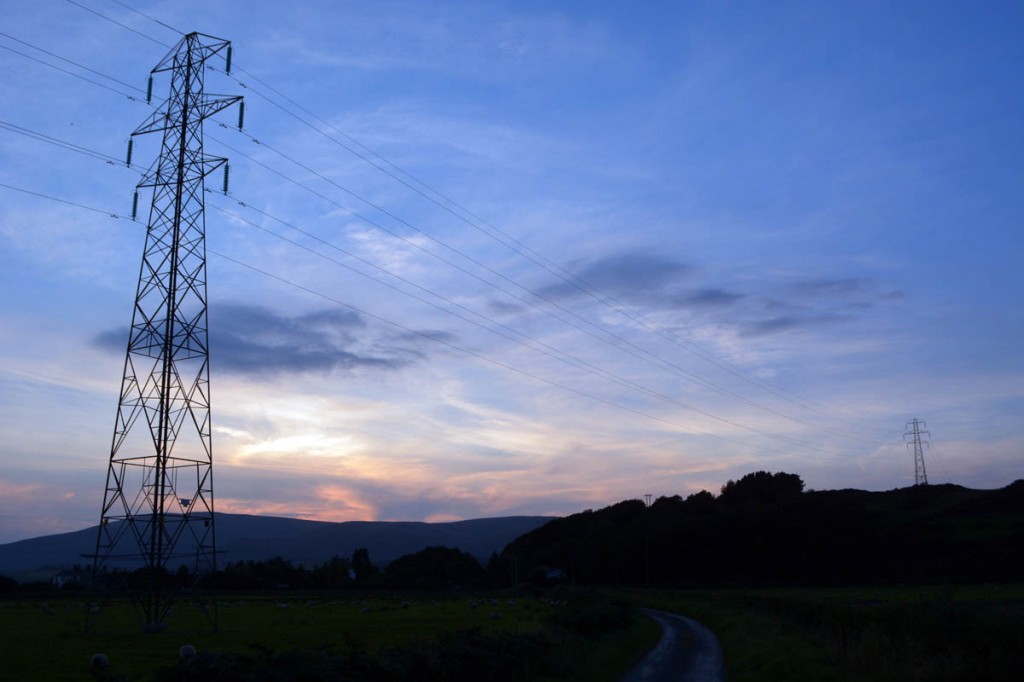
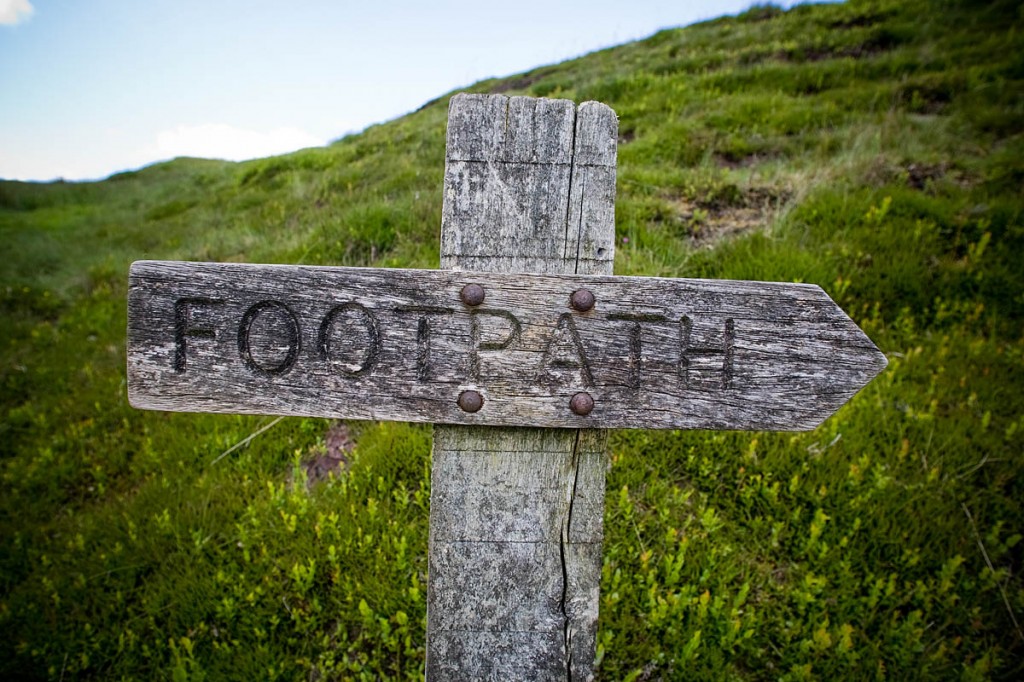
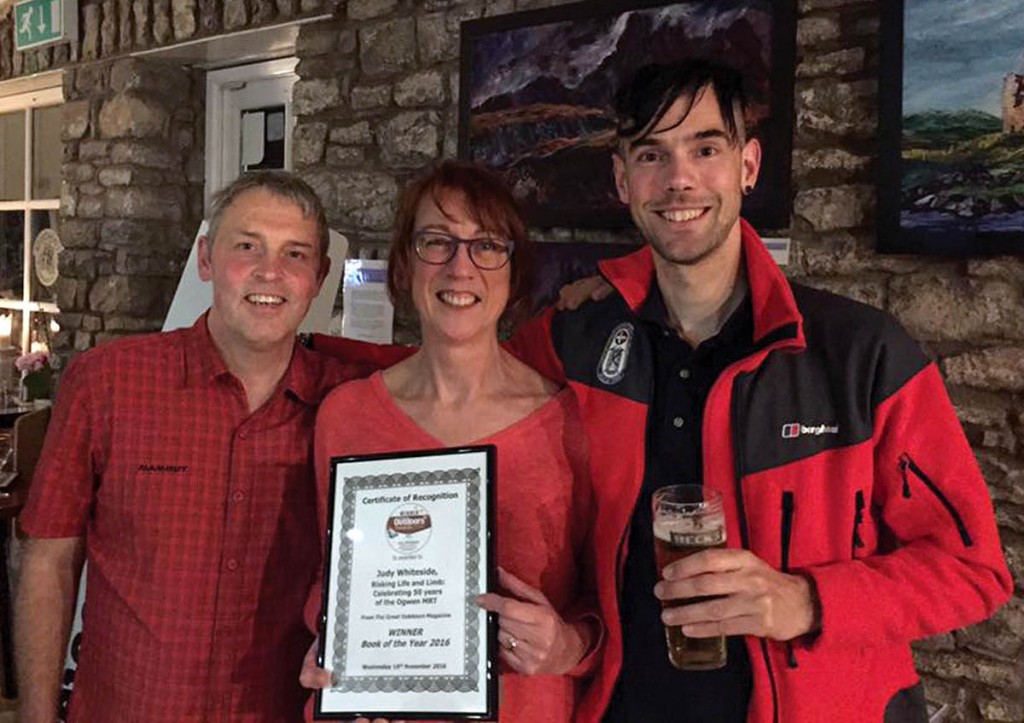
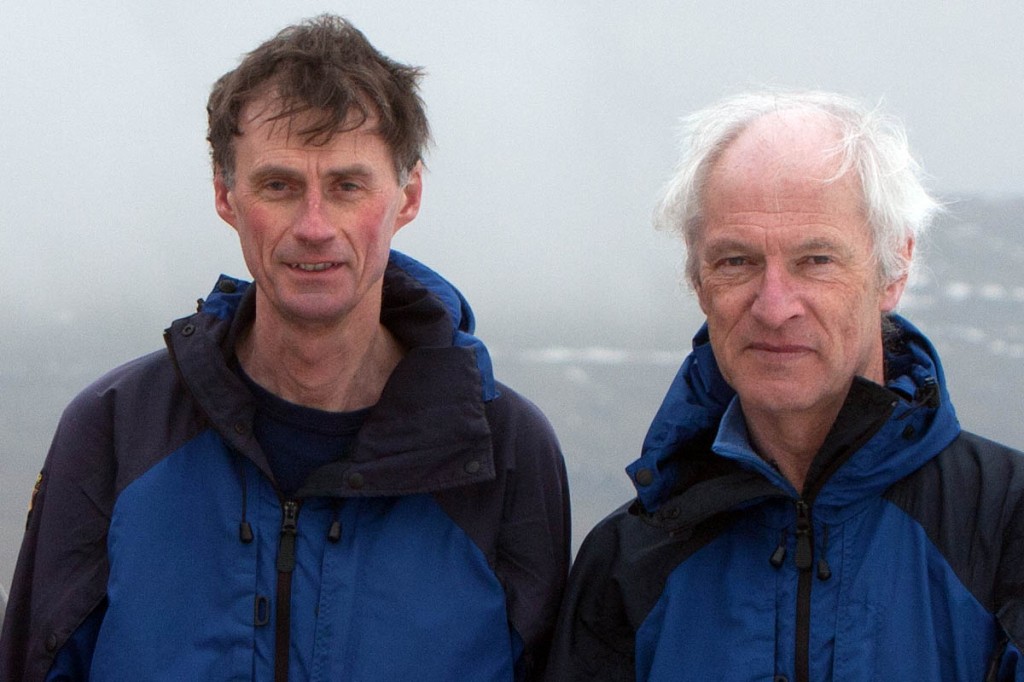
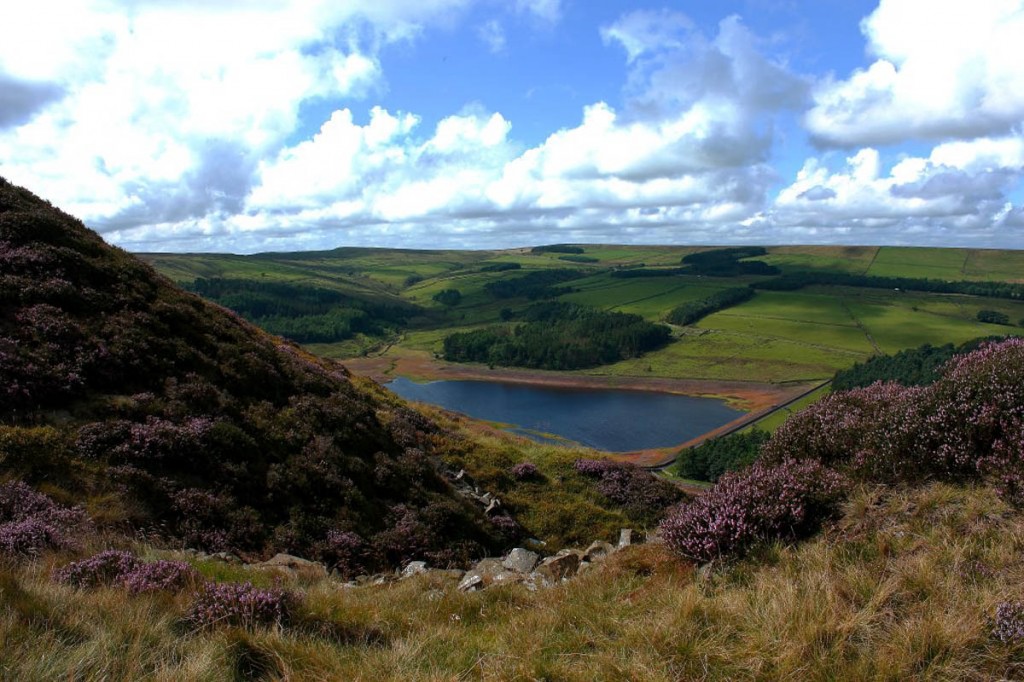
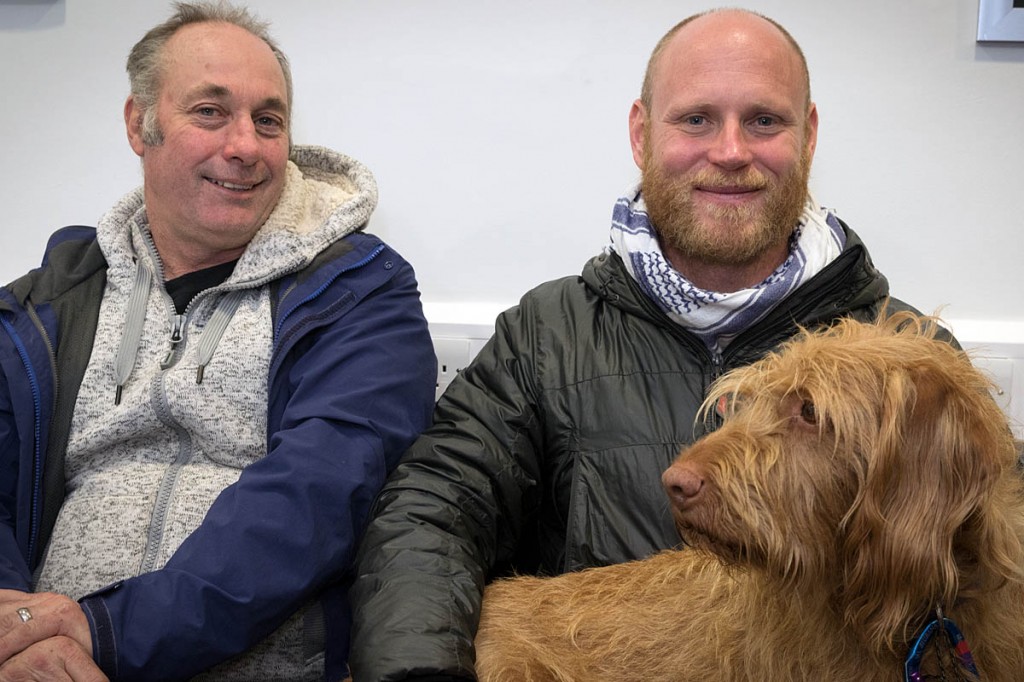
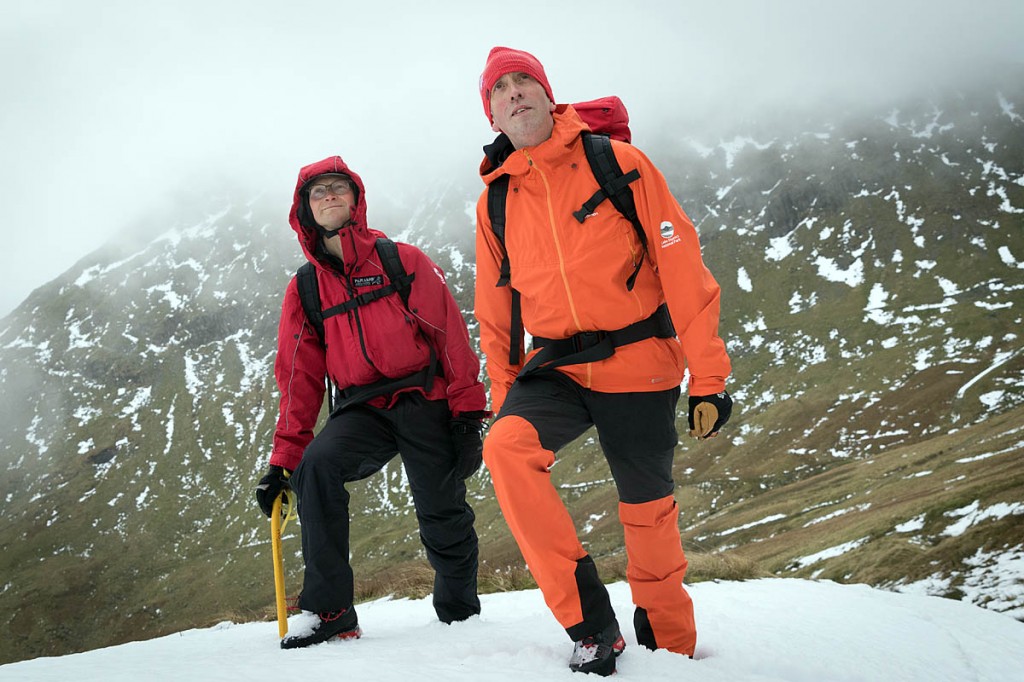
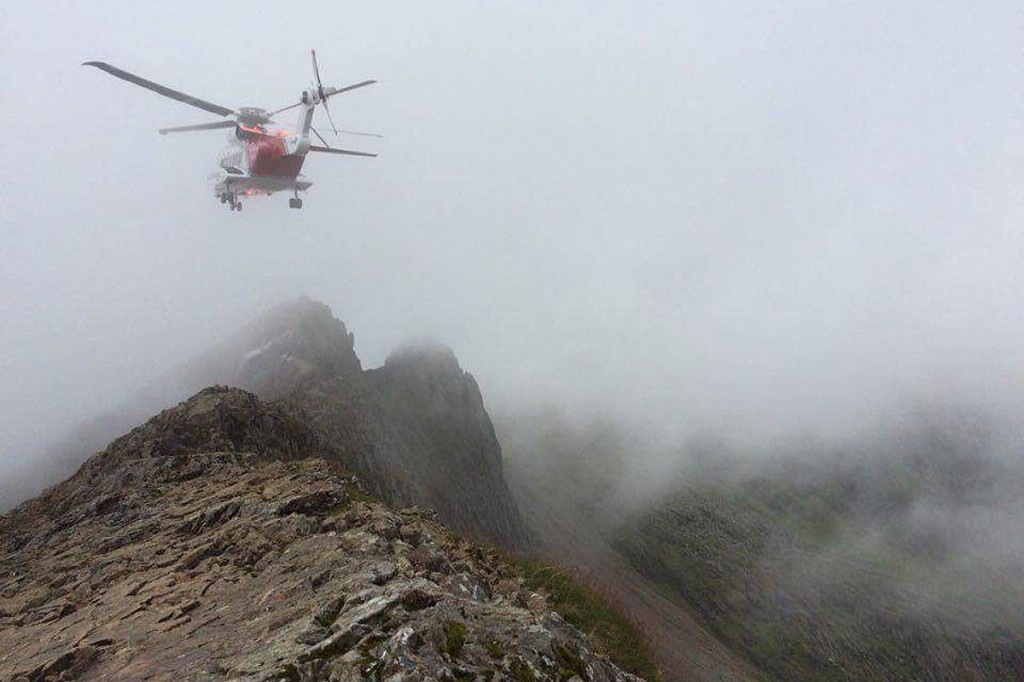
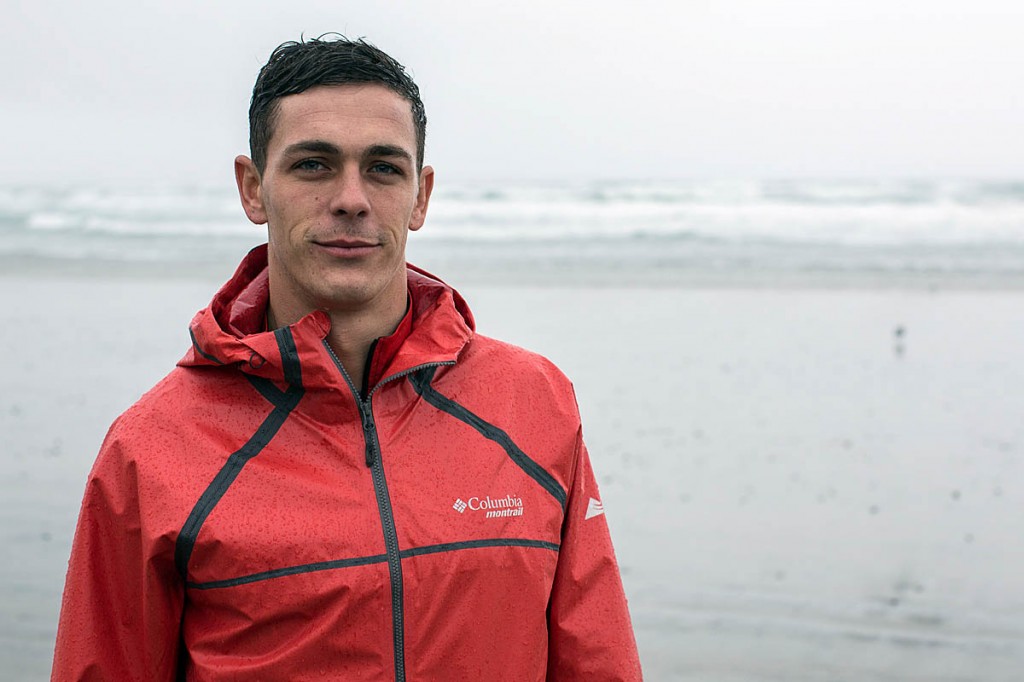
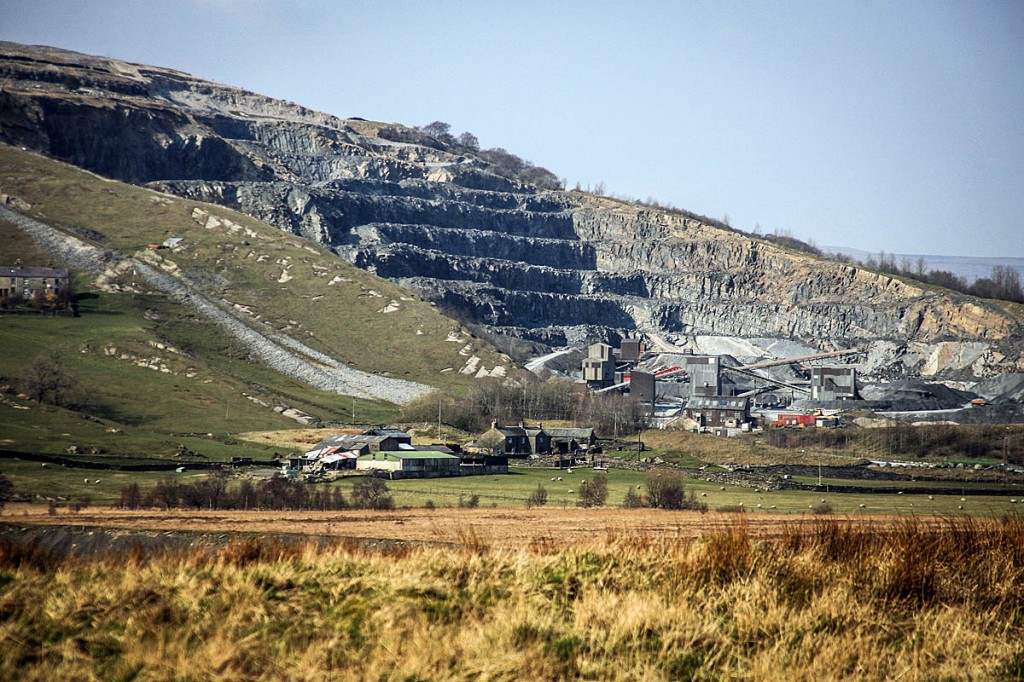
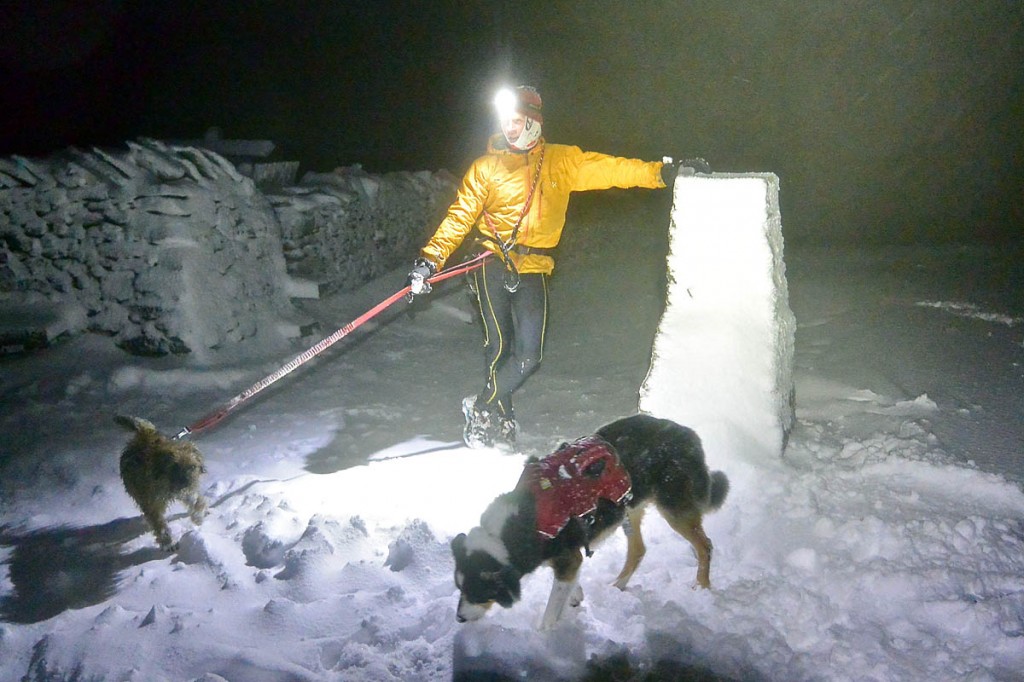
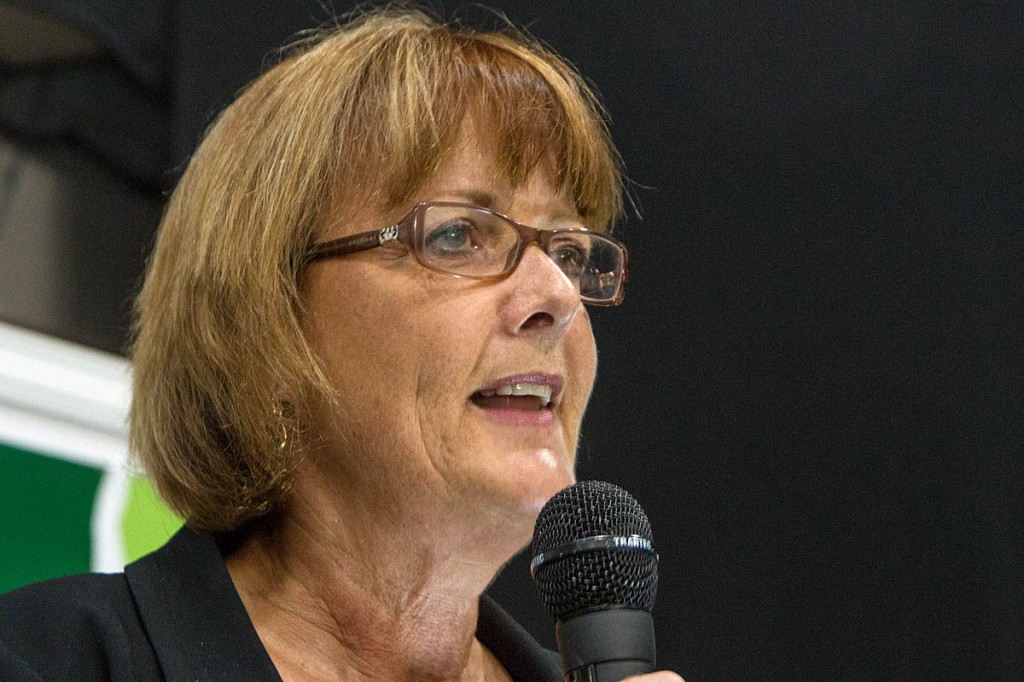
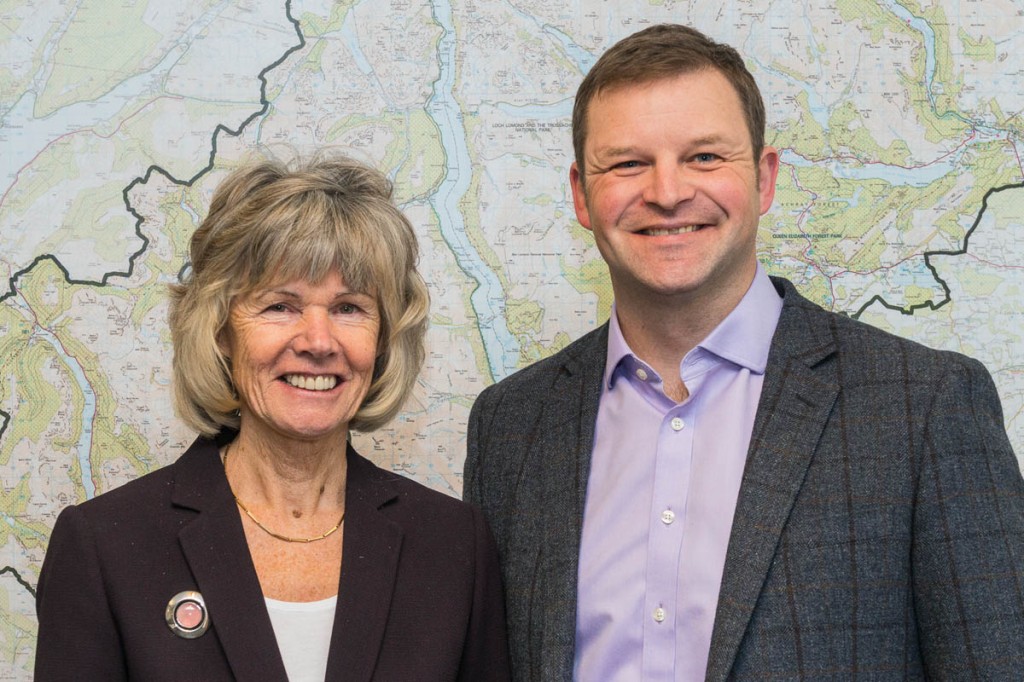
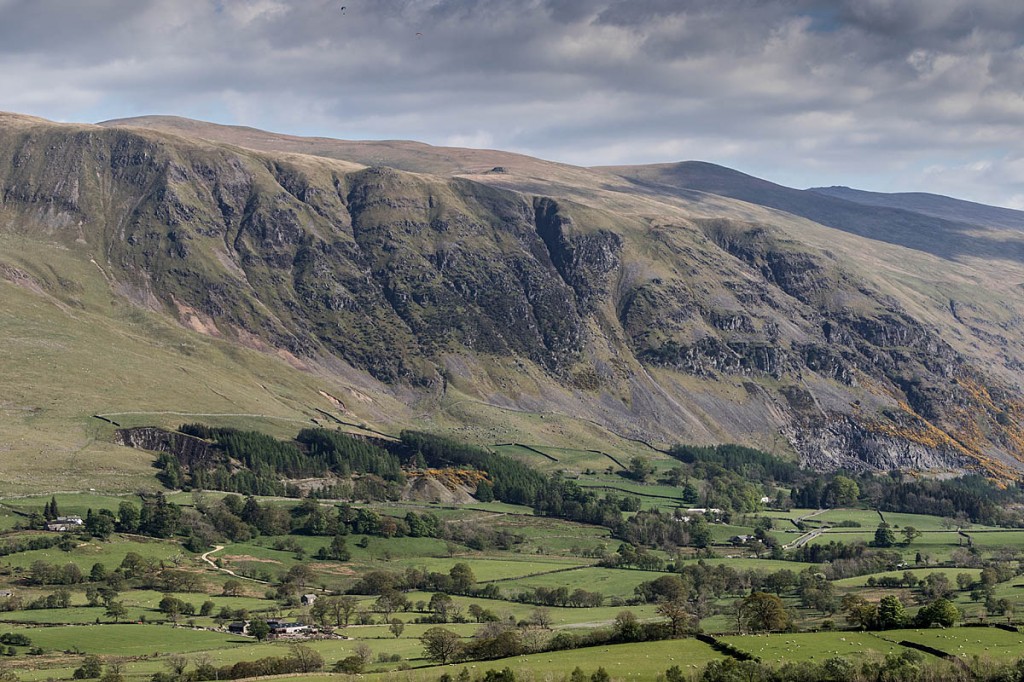
Andrew Burdett
04 January 2017No mention of any mountain biking?
Chris Maloney
04 January 2017Of course, the was also the great efforts put in by the mountain biking community to protect and maintain the Peak too.
http://peakdistrictmtb.org/end-of-year-round-up/
https://vimeo.com/197604558